|
Over a number of weeks, Mangala Thero introduced me to the fundamentals of the Theravada School as taught in Sri Lanka. When returning to the UK - I had him featured in a Taijiquan magazine. However, some years later (around 2005), the Ven. Mangala Thero set me the following letter:
0 Comments
Author’s Note: In 2017, I wrote a short article about the Pali term ‘Bhavana’ and since then, I have been asked to write a more in-depth article regarding the meaning and application of this term in its Pali and Sanskrit context (both different and yet overlapping in places). Whereas in my earlier article (referenced below) I focused a great deal on the Chinese language term for ‘bhavana’ - in this outing I have limited myself to just the briefest of references to the Chinese equivalent – an act of considerable will-power considering Chinese Buddhism is one of my academic specialities (both ethnically and academically). However, I have always held the Theravada tradition in high regard and have been helped tremendously by its many practitioners and institutions around the world! From my Chinese Ch’an practice (and penetration of the empty mind ground) - I have come to see and appreciate how the many different branches of Buddhism (and reality in general) all manifest from the same stout trunk... Although what I convey to you is academically correct – you do not have to accept my conclusions. Always think for yourselves and make-up your own minds! ACW (17.9.2021) When I was studying Theravada Buddhism in Sri Lanka (in 1996), a term I came across continuously was ‘bhavana’ (‘भावना’ Pali and ‘भवन’ Sanskrit) - this was invariably used to refer to the act of seated ‘meditation’ and all the psychological and physical discipline required to successfully carry-out this important Buddhist practice. Indeed, within the Chinese written language, ‘bhavana’ is referred to as ‘修習’ (Xiu Xi) - or a central method of mind-body transformation – literally ‘self-cultivation method(s) or ‘habits’’ or ‘disciplined paths which intersect at a certain point of development’. A more succinct translation could be ‘paths of self-discipline' with the caveat that what is being suggested is the strict disciplining of the mind and body through the correct application of the Vinaya Discipline and the Bodhisattva Vows. Therefore, the single act of seated meditation has a wealth of supporting disciplinary activities surrounding its application, and does not appear does not suddenly appear out of a vacuum of non-effort. In other words, ‘bhavana’ refers to an act of ‘meditation’ which is the summation of the entire Buddhist path! Although the emphasis was always upon seated meditation, of course, standing, sitting and lying-down is allowed in the Buddhist Suttas – which very much depends upon the meditation teacher and the practitioner involved. Compassion, loving-kindness and wisdom must always be the driving force behind the practice of ‘bhavana’. As a ‘noun’, the Sanskrit dictionary states that भवन (bhavana) refers to:
The Pali dictionary suggests that ‘bhavana’ (भावना) refers to 'mental development' (lit. 'calling into existence, producing') in what in English is generally referred to 'meditation'. The Theravada School of Buddhism distinguishes two types of bhavana:
Interestingly, the very similar Sanskrit term ‘भावना’ (bhāvnā) refers to feeling, sensation, emotion and sentiment and is certainty moving toward the Buddhist (Pali) implications. Perhaps the Buddha modified a Pali term which once referred to the external practice of building houses and cultivating fields for farming – but changed its onus from this ‘objective’ meaning to a purely ‘subjective’ meaning relating to states of mind and patterns of thought and emotion. Just as rocks, weeds and stones are removed from the soil to make it fertile – the Buddhist practitioner uproots greed, hatred and delusion from the psychic fabric of the mind so that the mind becomes ‘fertile’ to receive the fruits of Buddhist self-cultivation. The Pali term appears to be referring to ‘that which arises from within’ - whilst the Sanskrit term is referring to ‘that which arises from without’. I would suggest that the inner perception of boundless space integrates with the awareness of boundless outer space – and that this is how the Buddha ultimately reconciles the two distinct meanings of this term. If a practitioner applies the Dhamma correctly – then like a plant growing from a seed into a might tree – the fruits of the Dhamma will manifest in the mind, body (and through behaviour) the environment!
As a number of sincere practitioners have contacted me of late enquiring about the Pure Land Teachings as preserved within China - I have decided to make a simple offering of photographed pages presenting Charles Luk's expert guidance on this matter as recorded in his book entitled 'The Secrets of Chinese Meditation'. I have chosen the original (1964) hardback edition - as quite often later editions were sometimes altered here and there to suit the agenda of various publishers. This is Chapter Three (3) of that book which runs from and to pages 81=108.
Knowing when to ‘assert’ and when to ‘give-way’ are important attributes for any spiritual traveller. As human-beings, we can find ourselves in all kind of circumstance as the day unfolds and our life progresses. Much of this will be mundane, but occasionally reality will take a shocking turn for the worst! No one saw the Covid19 pandemic arriving and virtually everyone was taken by surprise – despite numerous horror films over the years expressing narratives involving dystopic futures on a planet ravished by some type of illness, plague or other torturous device! Usually, such story-lines involve society collapsing back into an armed feudalism where brutality is the order of the day. Only the strong survive by preying on the weak. Of course, due to poverty and asymmetric economic development around the world, many people already live in these hellish conditions. I would add that even within the so-called ‘civilised’ areas of the world – killing and barbarity still exists – although it is hidden to a far greater extent (like a bad dream that people would rather forget). Most people grow-up in the world learning to survive. Indeed, this is a crucial and necessary skill. It is not the skill of the huntsman or gathering skills of the scavenger – but rather the ability to navigate the character and personality of our fellow human-beings. Children can be cruel and adults can be deceptive – for many these observations are facts of life. This imbalance in the inner and outer environment must be dealt with in one way or another. Ch’an is not an easy undertaking because it requires a devoted self-effort to take on our own inner world before we set about attempting to make changes in our outer worlds. Many will attack and ridicule any attempt at self-discipline – but for the world to be a better place – self-discipline is exactly what is required. Looking within with clarity and steadfastness eventually develops to looking without with wisdom and knowledge! Our personal circumstance can vary wildly through our lives. Many will experience poverty, homelessness, abuse and all kinds of deprivations – whilst others will experience only affluence and relative well-being, etc. The point is that regardless of the differences that define our outer existence, the empty mind ground is exactly the same for all beings! Master Xu Yun (1840-1959) lived a life continuously ‘gazing’ at the empty mind ground without any deviation whatsoever! More to the point – Master Xu Yun integrated his expedient self (or that which will eventually fall away) with the permanent and ever-present empty mind ground! Regardless of the situation he found himself in, or the circumstances he had to traverse – Master Xu Yun judged human reality not from the ego infected with greed, hatred and delusion – but rather from the pure and clean empty mind ground which underlies all reality and permeates the universe without end! Knowing where to place oneself in the phenomenal world - so as to maximise compassion, wisdom and loving kindness – is exactly possessing the skill of ‘moving’ and remaining ‘still’ in all situations!
Master Xu Yun (1840-1959) inherited all Five Schools of Ch'an Buddhism. So respected was his spiritual attainments that he was even transmitted lineages that he had not formally trained within - but whose teachers recognised that his depth of insight, humility and compassion fully equalled the divine levels of attainment that their schools demanded! In other words, without going out of his room, he knew all things (to quote the 'Book of Changes'). Chinese culture is very different to that of the modern West - despite the obvious similarities and intersections. Within the schools of Chinese spirituality - individuals can live very long periods time - and lineages can be passed from long-dead Masters to living Teachers and Practitioners! There is no need to justify any of this, it is just how things are - pure and simple. Lineages are like streams that flow into mighty rivers and then the sea! A genuine lineage should have a compelling force all of its own that propels adherents toward the intended spiritual goal! A true lineage is like an ever-moving conveyor-belt that moves everything along - continuously - and in the same direction! We must all set a good example for our colleagues, students and descendants! If we cultivate virtue and set a good example - then by our pure actions we are 'adding' momentum to the lineages we represent!
The Buddha recognised that all physical bodies are born, exist and then die. This logical observation serves as the foundation of the Buddha’s Teaching. It is an inevitable process that every living-being must experience. An individual will be born, will live their life in any number of ways, and will then pass away through natural (old age) or unnatural (illness, injury or accident, etc) causes. According to the Buddha, the state of an individual’s mind is responsible for the ‘willed’ (volitional) actions performed through the body. The frequency of these decisions can be ‘healing’ and ‘compassionate’ or ‘debilitating’ and ‘horrible’ - it all depends upon the past conditioning (karma) of the individual mind (and body). By permanently ‘stilling’ (and ‘expanding’) the mind, all karmic production is eradicated. This is a moment of karmic purification of mind and body. The ‘ridge-pole of ignorance is destroyed forever’ as the Buddha states in the Dhammapada. This is the experience of nirvana whilst still inhabiting a human-body – and when death arrives the body will ‘fall away’ - revealing the state of experiencing ‘nirvana’ without inhabiting a body. Through adhering to the Vinaya Discipline – this strict regulation of the mind and body in the environment has a beneficial effect with regards to health. This is because every rule is designed by the Buddha to ‘remove’ a particular negative (karmic) trait that causes ‘suffering’ in the mind and body of the individual and which permeates out into the environment if not ‘checked’ through the deployment of purposeful discipline. This is how the Buddha strives to reduce suffering in the mind and body of the individual (and in the world). This process is cemented by emptying the mind of greed, hatred and delusion – whilst directly ‘perceiving’ the empty essence of the perceiving (and ‘non-perceiving’) mind. This is how the Buddha strives to eradicate all ‘illnesses’ (and illness generating ‘delusion’) from the mind, body and environment through the application of a strict discipline. This is why Master Xu Yun (1840-1959) was of the opinion that the Vinaya Discipline is a vital (foundational) element of ALL genuine schools of Buddhism – and refused to follow the example of Japan in ‘abolishing’ the Vinaya Discipline as a guide for monks and nuns. If a person wants to live longer and in a healthier manner – then follow the Vinaya Discipline!
St Anthony (251-356 CE) is considered by many theological commentators as being the founder of Christian monasticism – despite the fact he was not the first Christian hermit – and admits seeking instruction from an old man who lived on the edge of a nearby village. Although being from Egypt – the Catholic Church makes a point of him supposedly being ‘White’ - with ‘Whiteness’ being presented as ‘good’ and ‘Blackness’ (the skin-tone of the average indigenous African) being firmly associated with ‘evil’! (Although to be fair, my Christian colleagues state that ‘Black’ in this context is a ‘figure of speech’ and should not be taken as ‘racial’. My colleague states: ‘See it in the context of Solomon's Song of Songs where bride speaks to her beloved and says "I am black but beautiful''. We are all black before the light of God, God is source of all light, we just reflect to a greater or lesser degree, and it will just be a million shades of black compared to God's light.’ Later, one of the Desert Fathers is described as ‘Black’ and yet considered entirely ‘good’ within Christian texts). Was St Athony the Great ‘European’? He could have been if his parents were the descendants of Greek invaders – and had never mixed with non-Europeans in the six-hundred years since Alexander the Great! St Anthony came from a rich family who seem to have been Christians. After selling all his belongings and giving the money away to the poor, he left mainstream society to live on the periphery of society – rather like a homeless person today – who has been failed by the Bourgeois State and the capitalist system, although in the case of St Antony, the poverty he embraced was a totally voluntary endeavour. It would appear that despite his prosperous background – St Anthony was illiterate and did not read or write (he did not leave any writings of his own – but we know he existed by others writing about his life and teachings). Perhaps his supposed Greek parentage (oddly) did not put too much value in their child learning to read and write – two skills very much at the forefront of Greek civilisation. St Anthony the Great was not a Desert Father in the struct sense, although he is often conflated with these later Christian monastics. He never lived in the desert and so cannot be correctly associated with this practice. Of course, Since around 100 BCE (and perhaps even earlier), the Jewish ‘Essenes’ had been living in the deserts of Palestine and frequenting meditation cells hued from indentations in the rock-face. Living a lifestyle very similar to what the Christian Desert Fathers would adopt – the ‘Essenes’ wrote of their experiences in the ‘Dead Sea Scrolls’. St Anthony makes no mention of the Jewish ‘Essenes’ whilst imitating their behaviour. The Christian narrative is that he developed the Christian hermetic lifestyle following a Revelation from God that nothing to do with local history or religious trends in the area. St Anthony literally believes in daemons as manifesting in the physical environment (often as ‘Black boys’), and within as troublesome thought-patterns and emotional responses. Racism aside – St Anthony views any form of ‘modern’ thinking as being the product of daemonic influence or daemonic possession. He dismisses the entire edifice of Greek philosophical thought and scientific investigation - as being the product of ‘daemonic influence’ that has no intrinsic value for humanity whatsoever! Understand how natural processes function is perceived by St Anthony as the indulgence of ‘evil’ by those who seek answers about how the universe works. Such knowledge, St Anthony tells us, only serves to create a barrier between individual humans and the God who he believes ‘made them’ in the first place. As regards agriculture, St Anthony severely criticises anyone or practices ‘farming’ and growths food to sustain the community! Observing the seasons and how one transitions into another – is a manifestation of ‘pure’ evil according to St Anthony! He believes this because God has a set plan for humanity which involves tremendous suffering, death and persecution – and that if human-beings interfere in this process – then God’s will is either water-down or prevented from functioning altogether in the physical world! Yes – humanity is made to pointlessly suffer by God – but in so doing – God is creating the scenario for some of the more deserving’ humans to be ‘saved’ by his ‘grace’. St Anthony tells his disciples that knowledge of how natural processes work amounts to accumulating a ‘pointless’ knowledge that serves no purpose in assisting God to manifest his presence in the world! St Anthony, therefore, is opposed to scientific knowledge and any form of modernistic progression for humanity. This is because such knowledge ‘empowers’ human-beings as individuals and a species – so that humanity no longer requires any direct contact with the God that created them. This is how the Christian Church explains ‘why’ most people in the West today – no longer possess a literal belief in Christianity – or no longer subscribe to traditional, theological interpretations of the world. In this sense, St Anthony was very good ‘at not learning anything’. It is one thing for an individual to embark on a path of subjective (internal) development that requires the complete ‘emptying’ of mind - of its patterns of historical conditioning (as is common within Buddhist and Daoist self-cultivation) - but it is quite another to insist that the entirety of society (and the progression of humanity as a species) should also be ‘limited’ to this ‘emptying’ in the socio-economic sense – if, indeed, that is what St Anthony is saying. Imagine a modern world without ‘science’, ‘education’ and ‘medicine’! Think also of the ‘good’ these developments have achieved for the benefit of humanity! I would say that the enlightenment that St Anthony is striving for equates with the third position of the Cao Dong (Soto) School of Chinese Ch’an Buddhism. When viewed from this perspective, then even in China it is not uncommon for Ch’an adepts to leave society and ‘reject’ the world and go and live in the remote valleys or isolated hill-tops until they are clear about the ‘empty’ essence of their minds. After a period of further training – such adepts enter the fourth and fifth stages of Cao Dong realisation (which are stages of ‘no stages’) - where they are instructed to (permanently) integrate their (pristine) ‘empty’ inward state with their material surroundings. This is the spiritual interfacing with the material ‘as it is’. Of course, some Ch’an Masters used their enlightened wisdom (like the Buddha) to protest about injustices and to defend the weak and innocent – whilst others lived as unknown beggars under bridges or on river-banks, etc. We do not have to permanently ‘reject’ the outer world to be spiritual – even if on occasion we like to take a break from its nonsense!
Dear Ben My personal experience (for what it is worth), appears to suggest to me that the enlightened state can (and is) realised by all and sundry - irrespective of circumstance - even though I fully acknowledge that its attainment is 'rare' even for those who are actively seeking it. When I was on Mount Athos, for instance, (probably around 2001), I met some remarkable Orthodox Christian monks whose ideas were very similar with regards to inner attainment. I also appreciate the beautiful icons of Jesus Christ depicted as an Asian man! In the West, the Christian monastics are the people who 'look within' to a surprising degree - but due to humility - their attainments are virtually unknown. Of course, this is very different to what might be called the 'popular Church' which is only concerned with crass individuality, recruitment (through conversion) and the amassing of wealth! These are the missionaries who did so much damage in Asia in times gone by. I have no time for this type of 'racist' spirituality - but I know that this is not the genuine Christianity and does not represents the ordinary Christian people who are very 'humble' and very 'compassionate'. Where Judaism has assisted me is mostly through superb secular academics who have happened to be of a Jewish ethnicity. I have also lived in Hindu and Muslim families and experienced tremendous caring and compassion - not being asked for a penny even after a year of hospitality! In all of this I do not exclude those who see themselves as 'atheists' (other than 'fascists') - as reality can emerge at the strangest of times. I was once walking who a dense jungle in Sri Lanka (in late 1996) with a bare-footed Buddhist monk. Suddenly, a huge hooded-snake rose up from the ground and was about three or four foot off the ground. It gently looked at me - swaying left and right. The Bhikkhu did not break his stride but walked toward the snake - which slithered up his body and rested its head on his right shoulder! The Bhikkhu then asked me to 'touch' the snake's head - which I did in a type of 'haze'! The snake then dropped to the ground and retraced its slither back into the undergrowth. The monk said he has met this snake for nearly 20-years years and almost in the same spot! The snake wanted to make sure that I understood that this was his path and that the jungle was not 'safe' for inexperienced strangers!
‘We are here to inquire into the hua-tou which is the way we should follow. Our purpose is to be clear about birth and death and to attain Buddhahood. In order to be clear about birth and death, we must have recourse to this hua-tou which should be used as the Vajra King’s precious sword to cut down demons if demons come and Buddha’s if Buddhas come so that no feelings will remain and not a single thing (Dharma) can be set up. In such a manner, where could there have been wrong thinking about writing poems and gathas and seeing such states as voidness and brightness? If you made your efforts so wrongly. I really do not know where your hua-tou went. Experienced Chan monks do not require further talks about this, but beginners should be very careful.’ Master Xu Yun (113-114 years-old) - Ch’an Week - 1953-1954 – Fourth Day - Jade Buddha Temple (Shanghai) Master Xu Yun never wastes a single word. This is because he is never confused as to the origin of a single thought. Master Xu Yun exists (psychologically and physically) within the permeant realisation of the empty mind ground. According to the historical (Indian) Buddha, ‘life’ as we experience it is unsatisfactory, seldom stable and prone to disappointment and ultimate dissolution. Physical life begins through the chemical explosion of conception, and ends when the body naturally shuts-down (during biological death), or is extinguished early through accident, illness or disaster, etc. Master Xu Yun lived through many such episodes throughout his extraordinarily long life (of two-cycles of the Chinese Zodiac). He lived within the space of the enlightened mind as explained in the Surangama Sutra. This is described as a round, all-embracing mirror that sees everything and rejects nothing. Like the sun – such a realised state shines on everything equally – bringing light and loving kindness to all phenomena whilst clearly distinguishing between this and that. This is why Master Xu Yun described the enlightened state as being ‘this and thus’ in his final years. What many believe to be exalted states experienced when training in methods of self-cultivation, are nothing more than marks of progression and subtle expressions of delusion that must be ruthlessly ‘cut-down’ without hesitation. Buddhas in the mind are only shadows in the imagination, nothing else. Being obsessed with a shadow is not the realisation of ‘enlightenment’ but just more delusion indulged in a more favourable direction. These achievements signify spiritual ‘dead-ends’ that many reach and mistake for the state of ultimate ‘enlightenment’. Practitioners then become satisfied to remain in these dark corners of the imagination and to lead all other into the same cul-de-sac of doom! When attachment mixes with a false attainment, then an individual will not be able to move-on for very long extended periods of time. All is lost as darkness replaces light – and ignorance dominates genuine wisdom. This quagmire can be avoided or escaped simple by applying the hua-tou correctly and effectively. What was once inevitable instantaneously ‘melts’ away as the hua-tou detaches the mind’s faulty awareness from this delusion and turns it toward the empty mind ground. This demonstrates the power of a) delusions to fool and distract the mind, and b) for the hua-tou method to quickly resolve this issue. The hua-tou is a very effective method of self-cultivation now only found in the Chinese Ch’an School of Buddhism (and the various lineages that have spread to other countries). Looking within is a matter of proper view – nothing else. Looking correctly will reveal the empty mind ground – looking incorrectly will reveal the delusion of the mind which cannot be escaped. Settling the body and directing the awareness is more important than all the passing phenomena of the external world (good or bad) - and has nothing to do with existential circumstance. This is why Ch’an is both difficult and easy.
Some are fettered
By renouncing things; Others by these same things Gain unsurpassable enlightenment. Mahasiddhi Saraha In times of uncertainty many people are as inwardly unsure as their outer circumstances are changeable and unpredictable. Although we may all practice our various Buddhist methods, there comes a time when ideology must be superseded by enhanced loving-kindness and compassion. This must be boundless and permanently permeate the ten directions. Genuine human love has no objective, but is a continuous wave of healing energy that permeates from the deepest aspects of each individual mind and body. My view is that this is an expression of the cosmos operating through each individual life-form. The Ch’an method is necessarily harsh as it operates through a broader type of compassionate concern, and those who have approached for instruction over the years receive primarily a reflection of their own minds at the point of contact. This is to be expected and not feared. However, with regards to fear and anxiety, it is probably more conducive to healing if loving-kindness and compassion replaces this reflection process – after-all, it all manifests from the empty mind ground. If I state that ‘I Love You All’ without exception, it means that loving-kindness, compassion and wisdom emanate continuously from the empty mind ground through the mind and body I currently occupy. This process will continue when this mind and body fall away and this manifestation ceases. Unconditional love does not care for differences of opinion – we may agree or disagree on our definitions of life – as the universe keeps broadcasting its message of holistic healing, cooperation and transcendence. |
Archives
March 2024
Categories
All
|
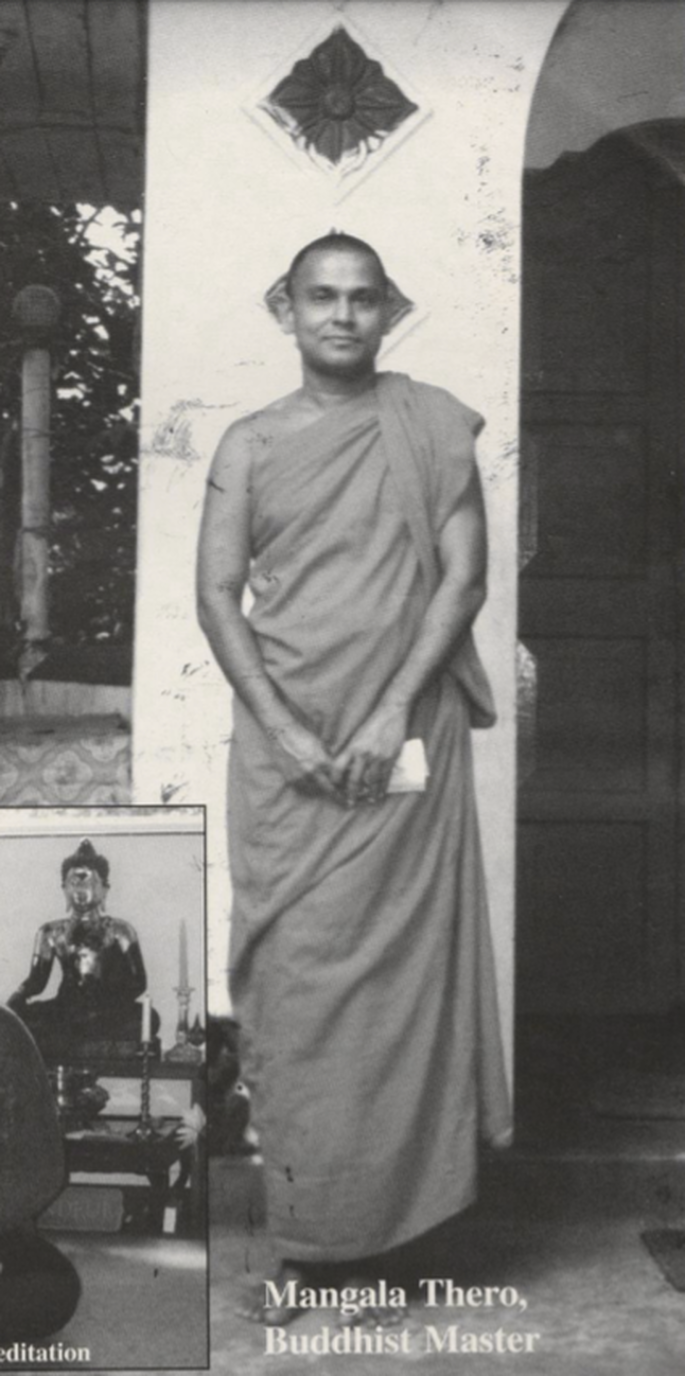
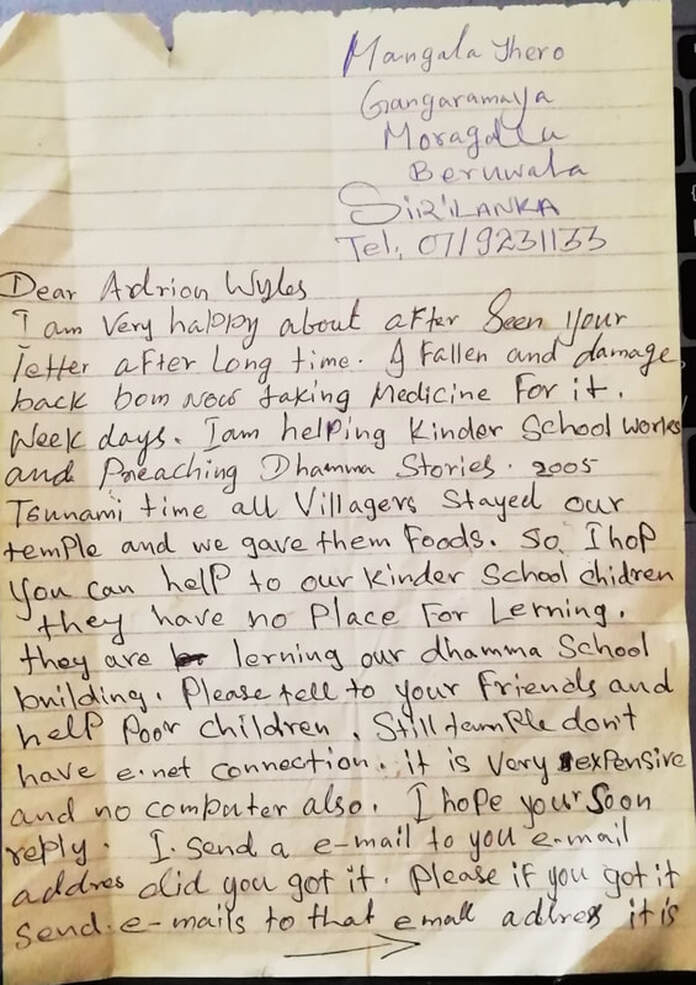

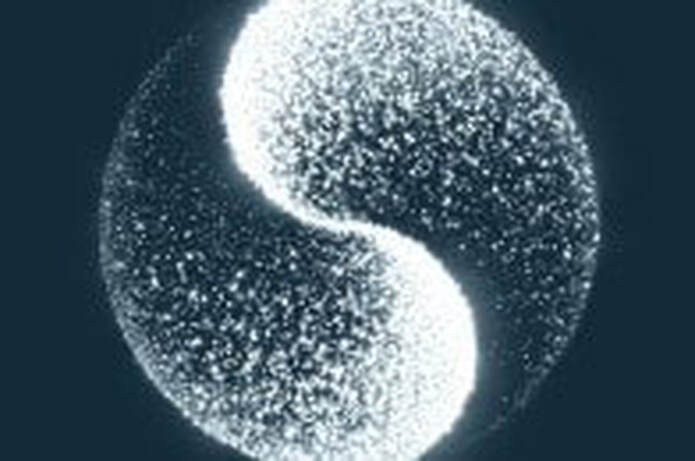
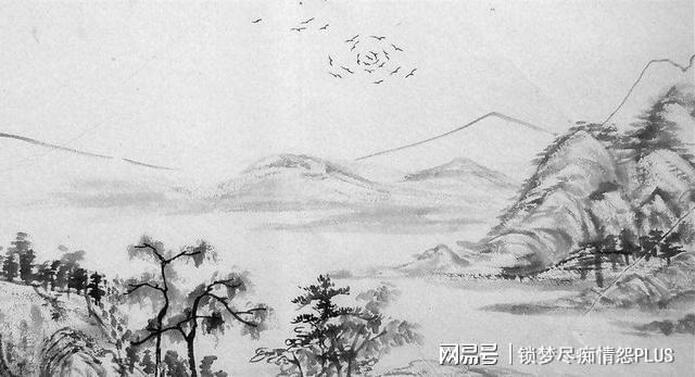
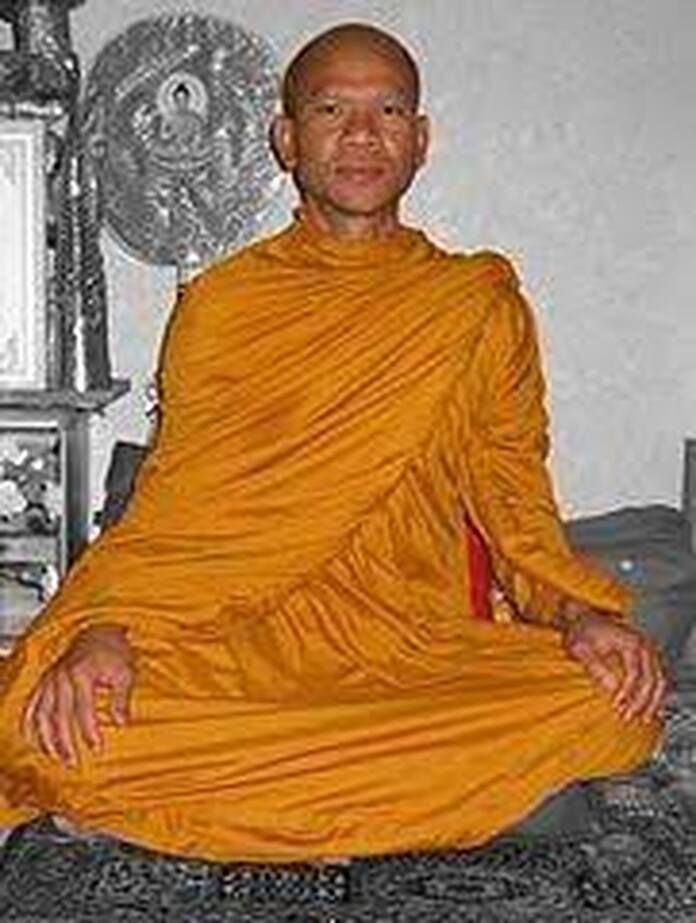
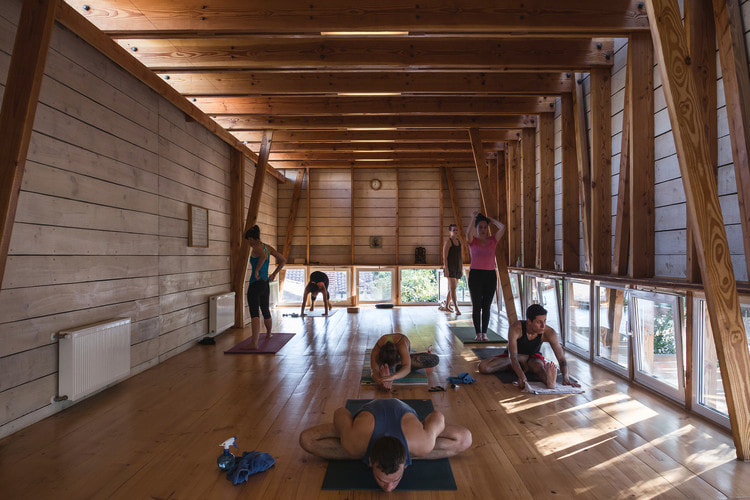
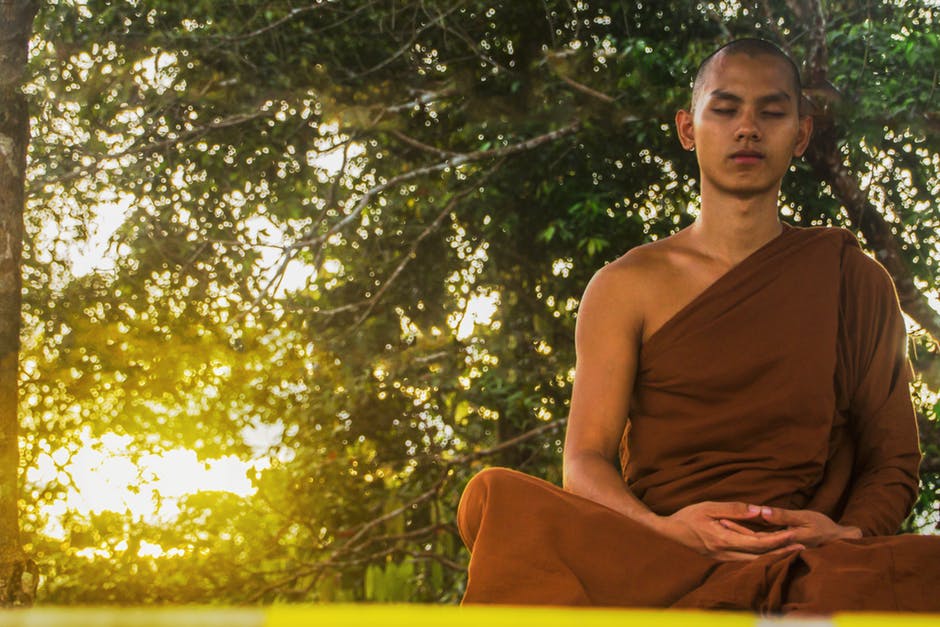
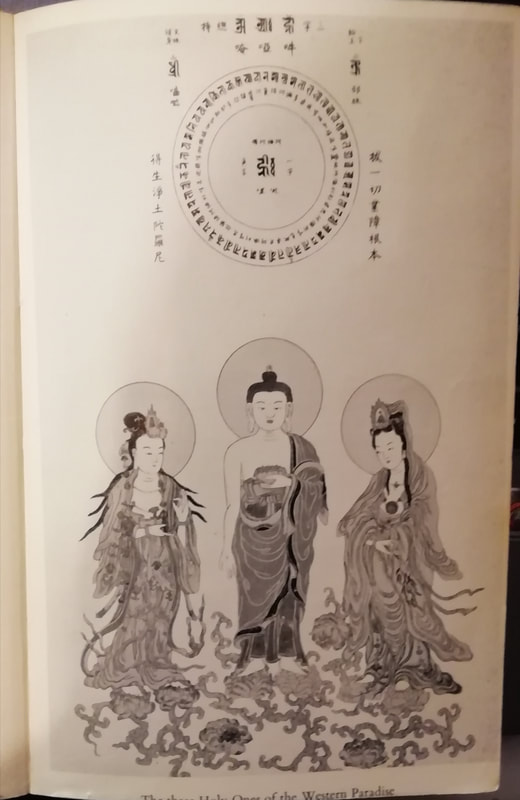
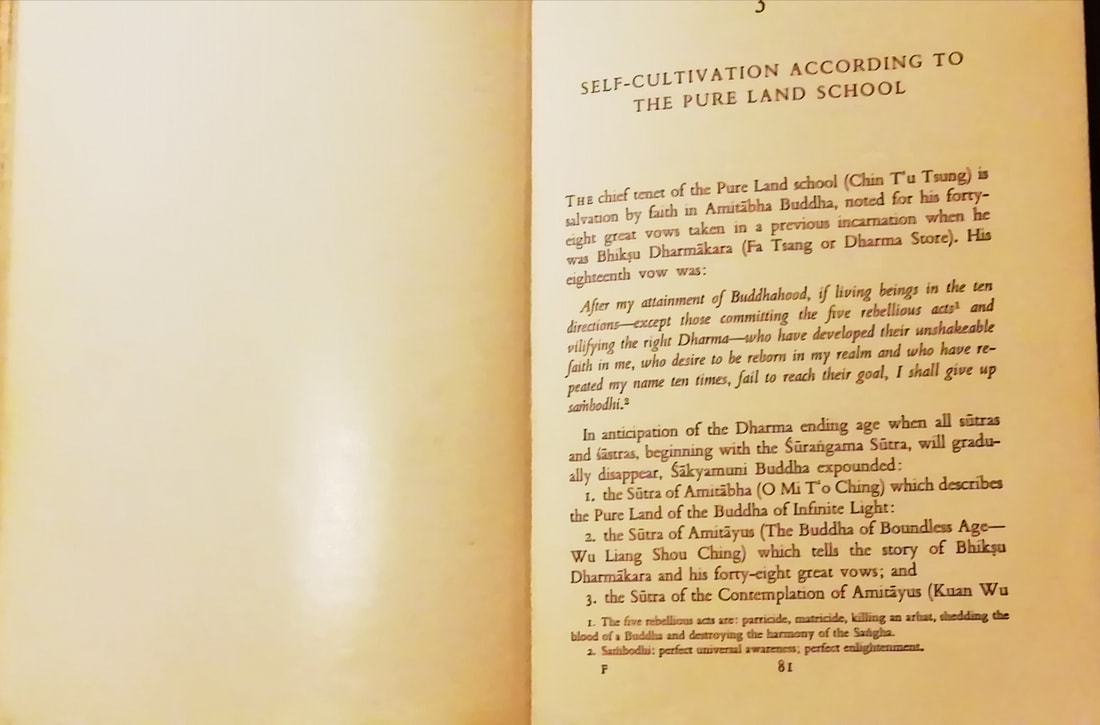
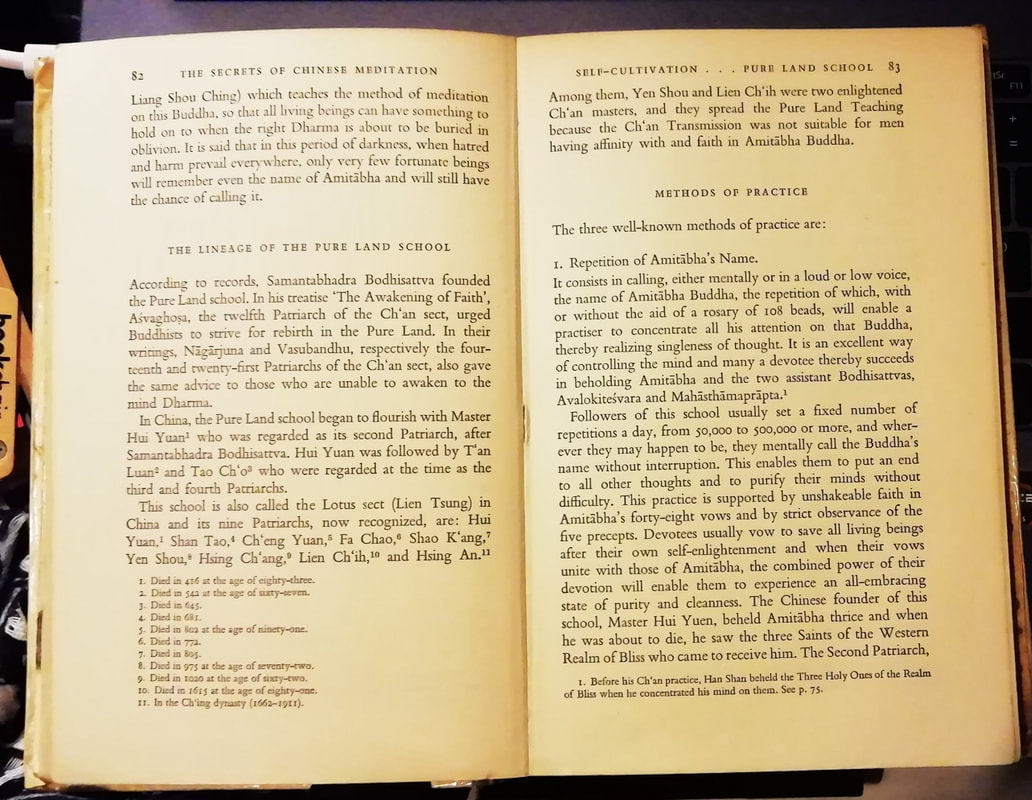
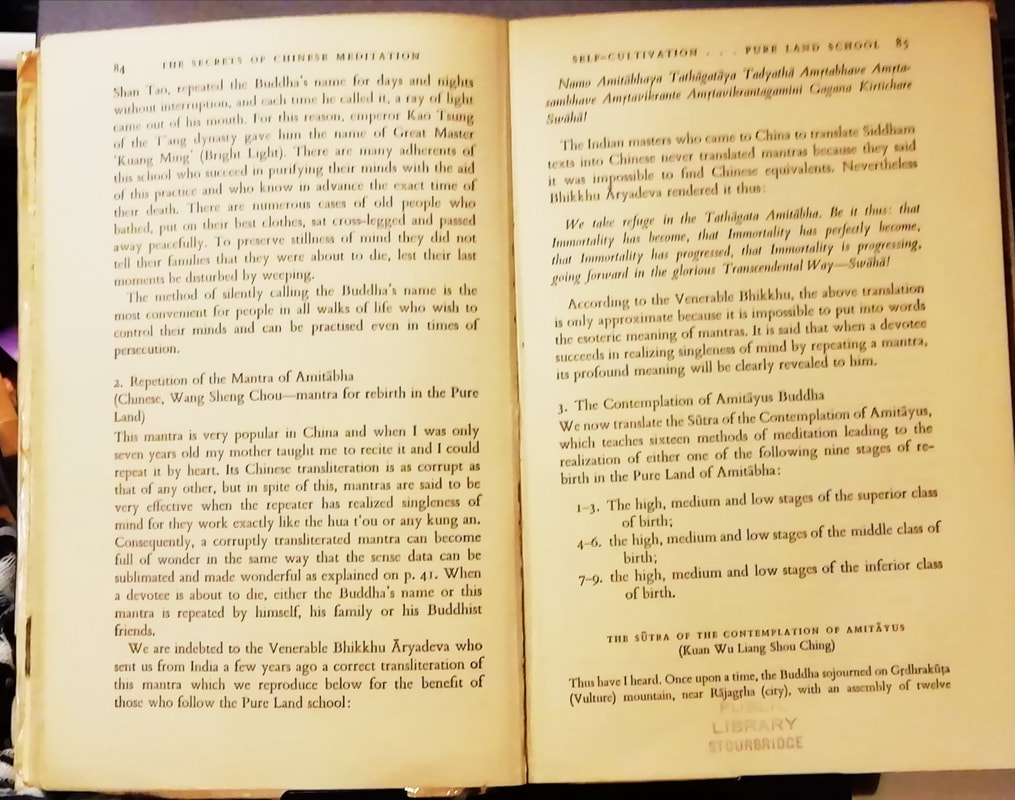
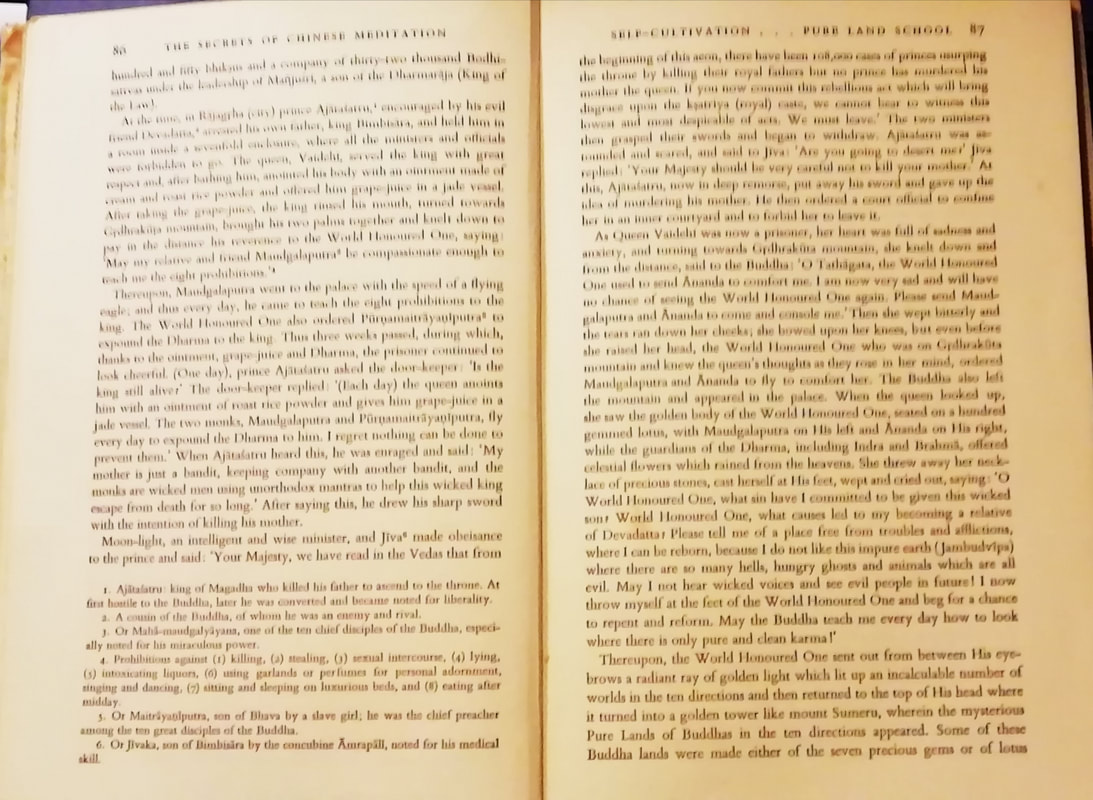
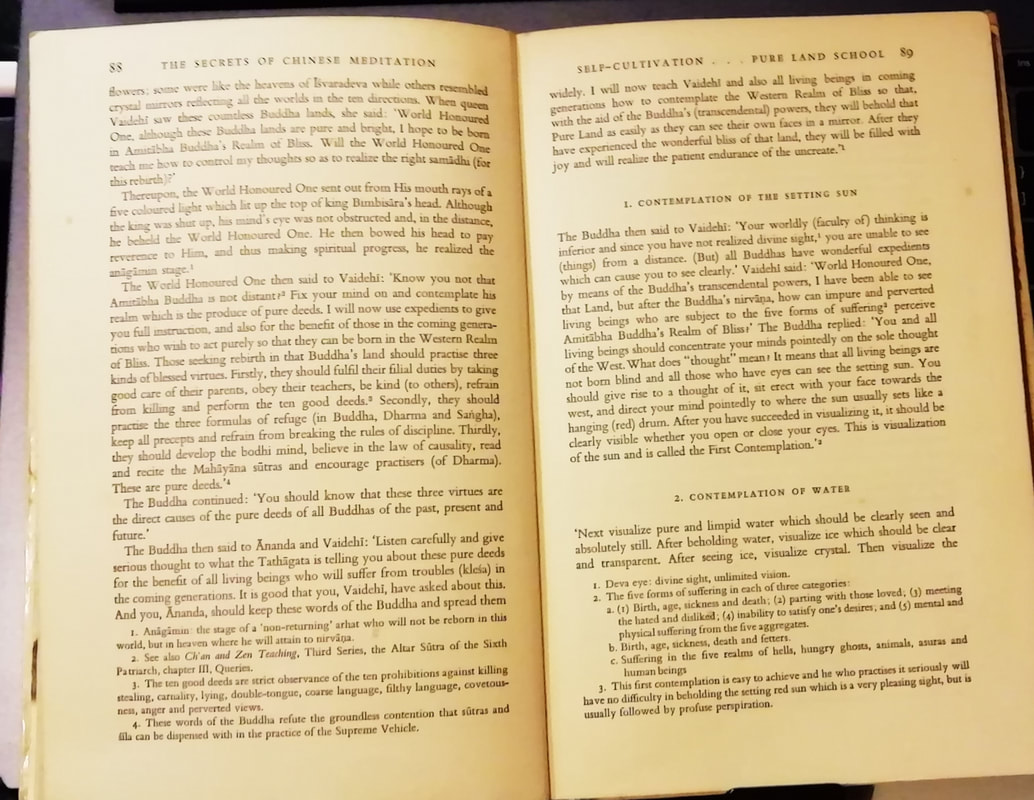
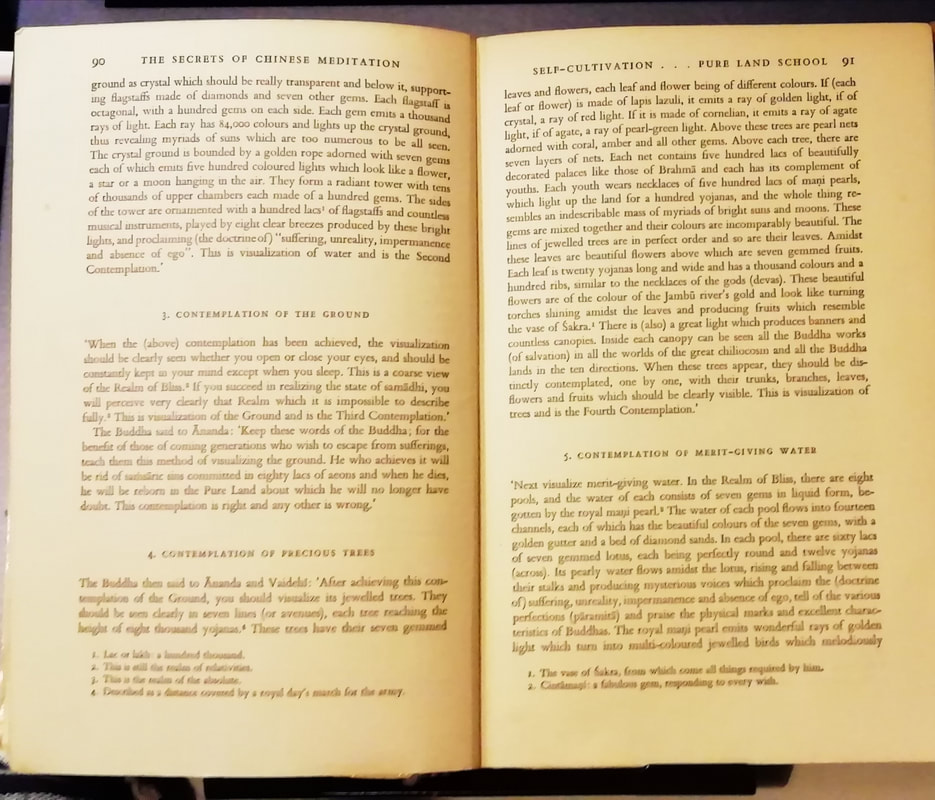
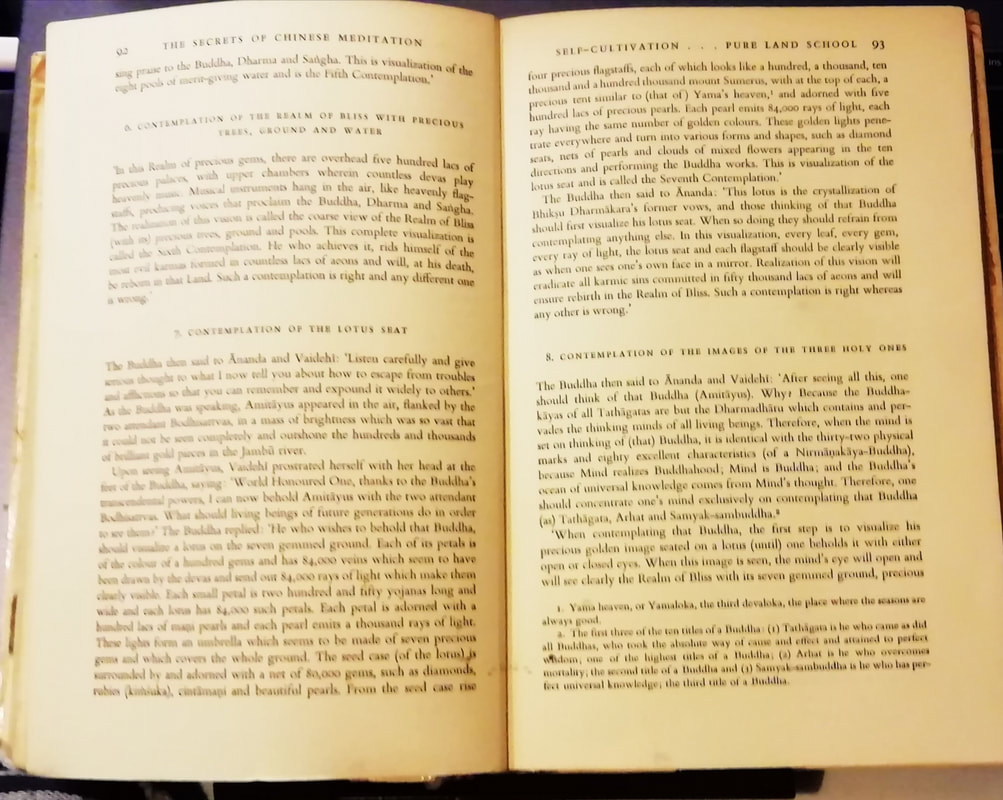
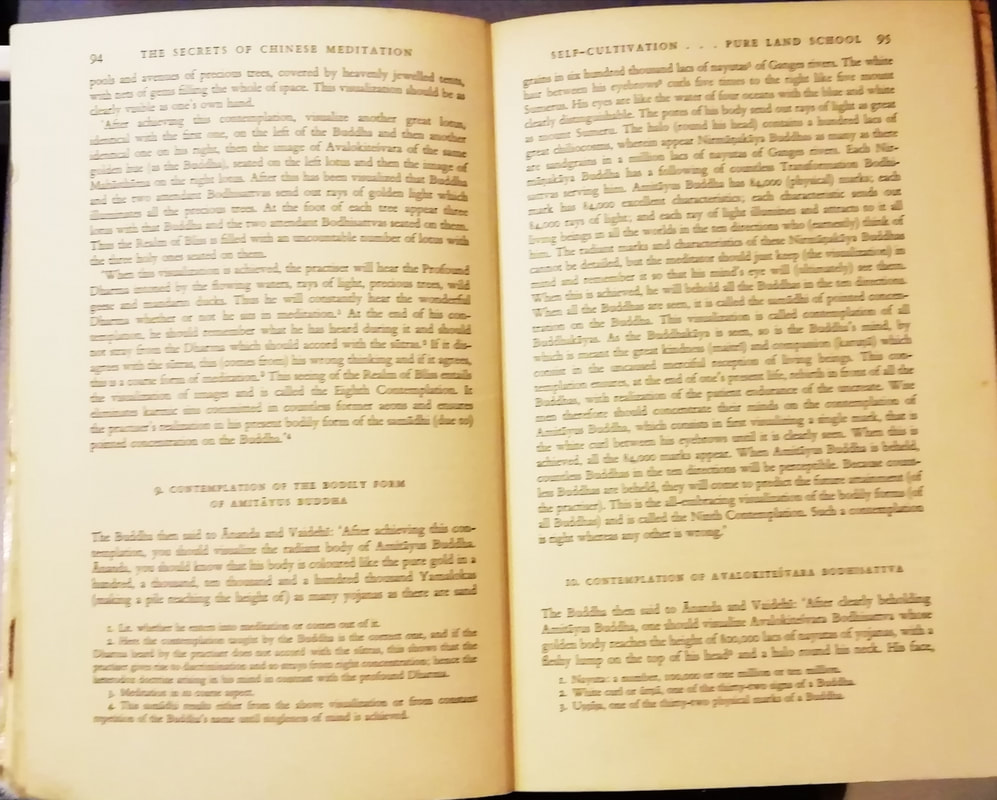
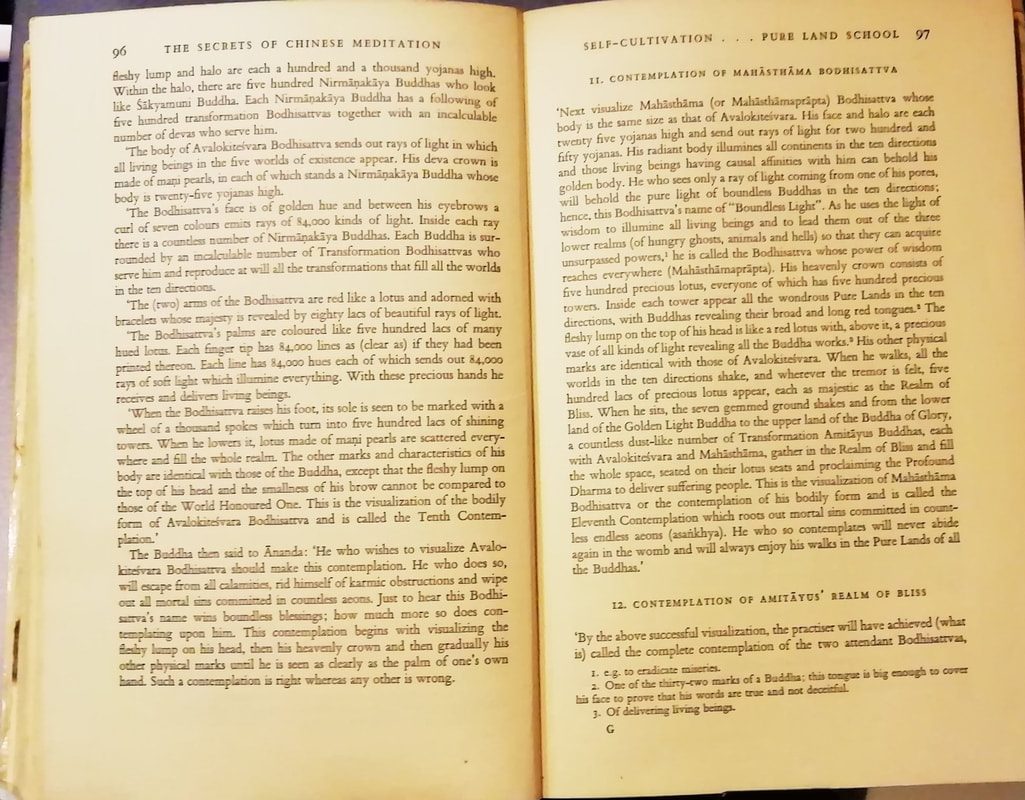
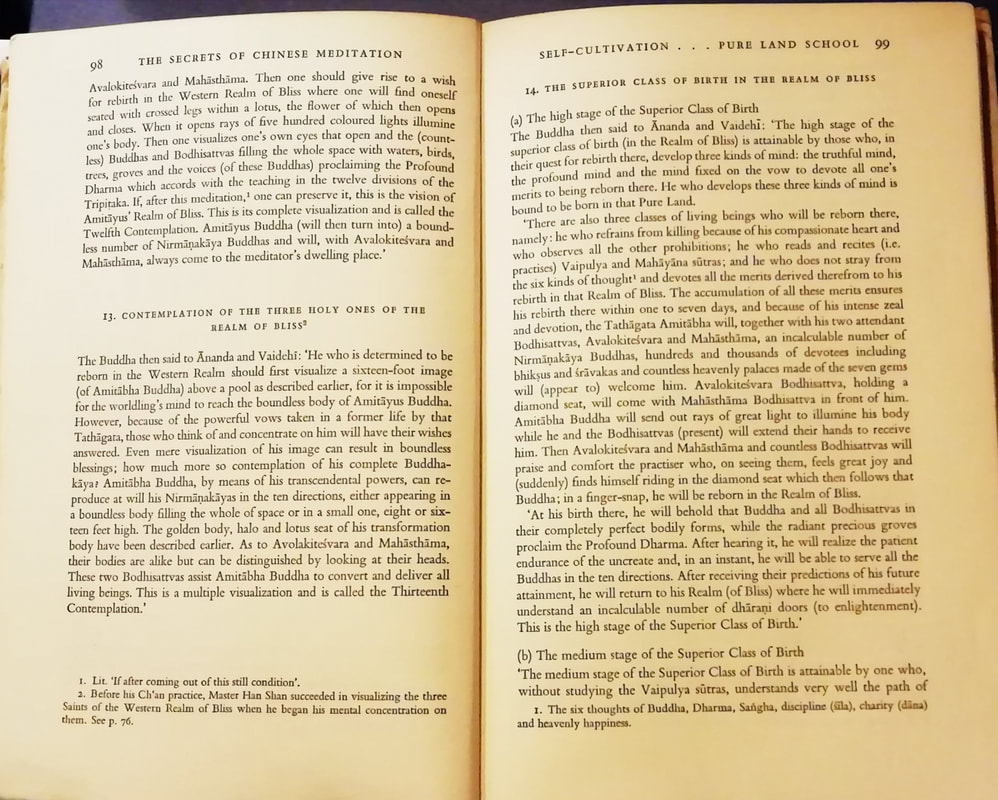
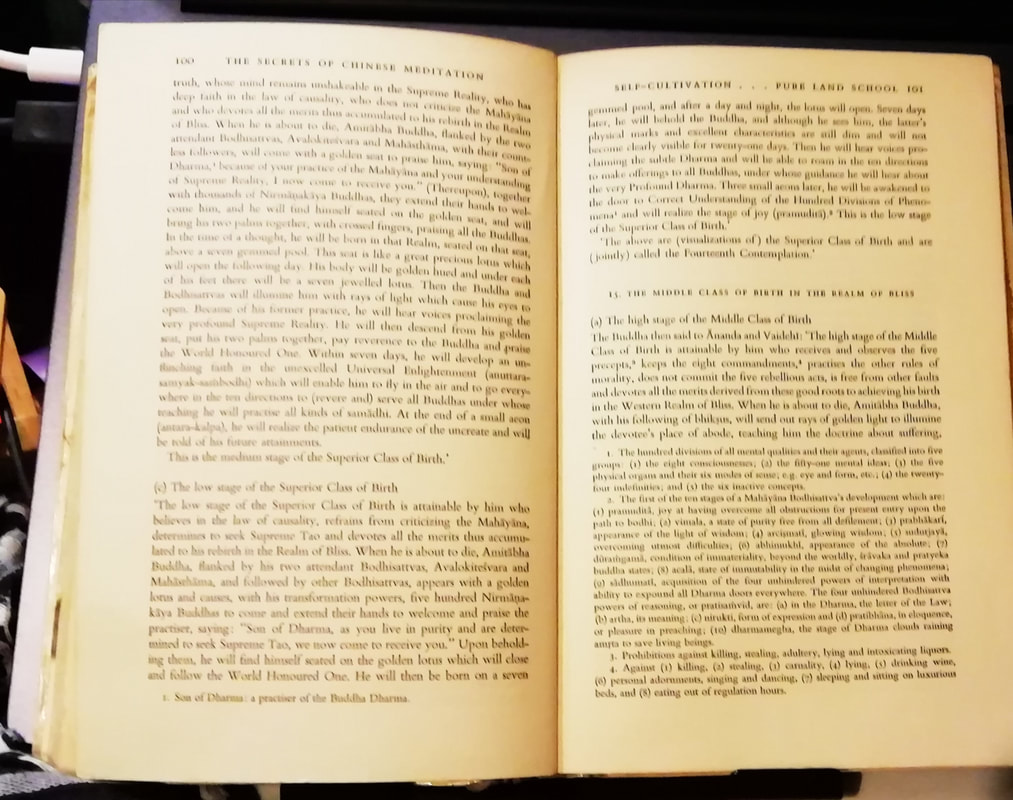
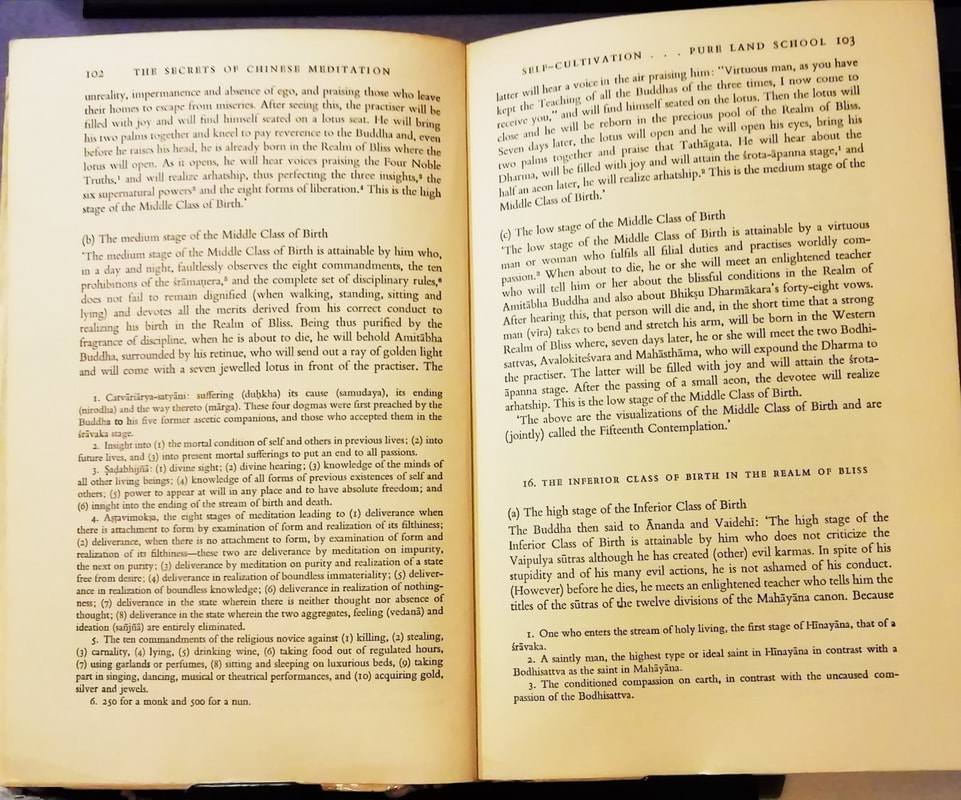
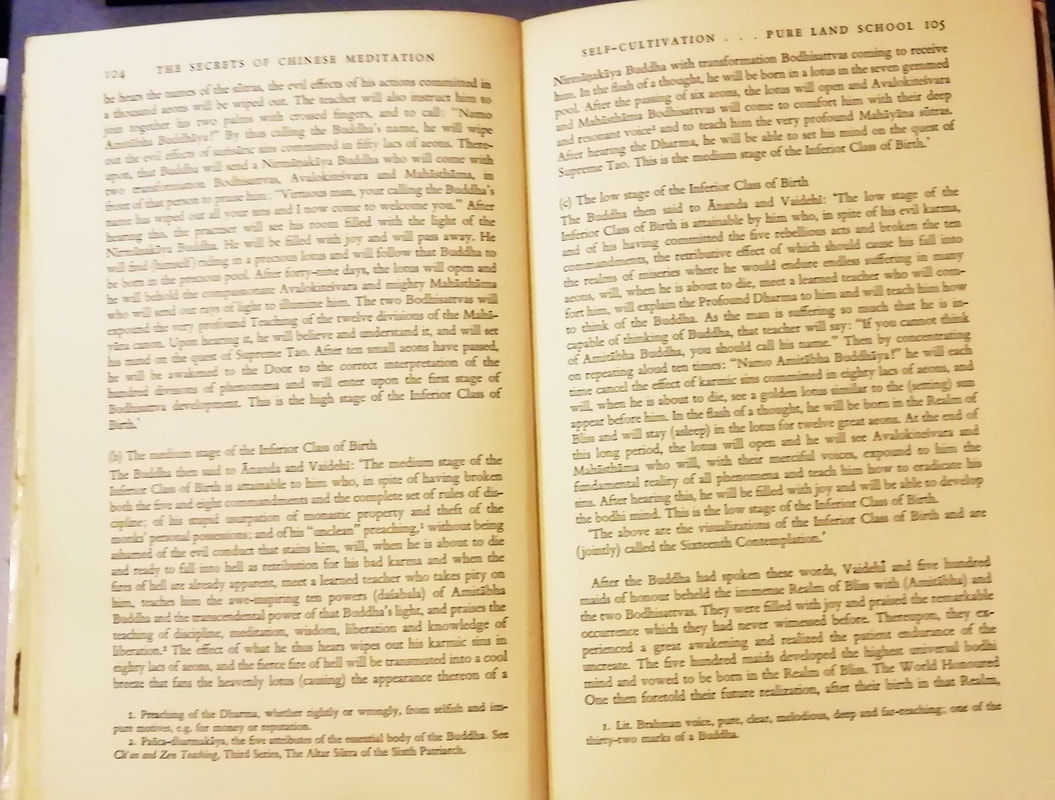
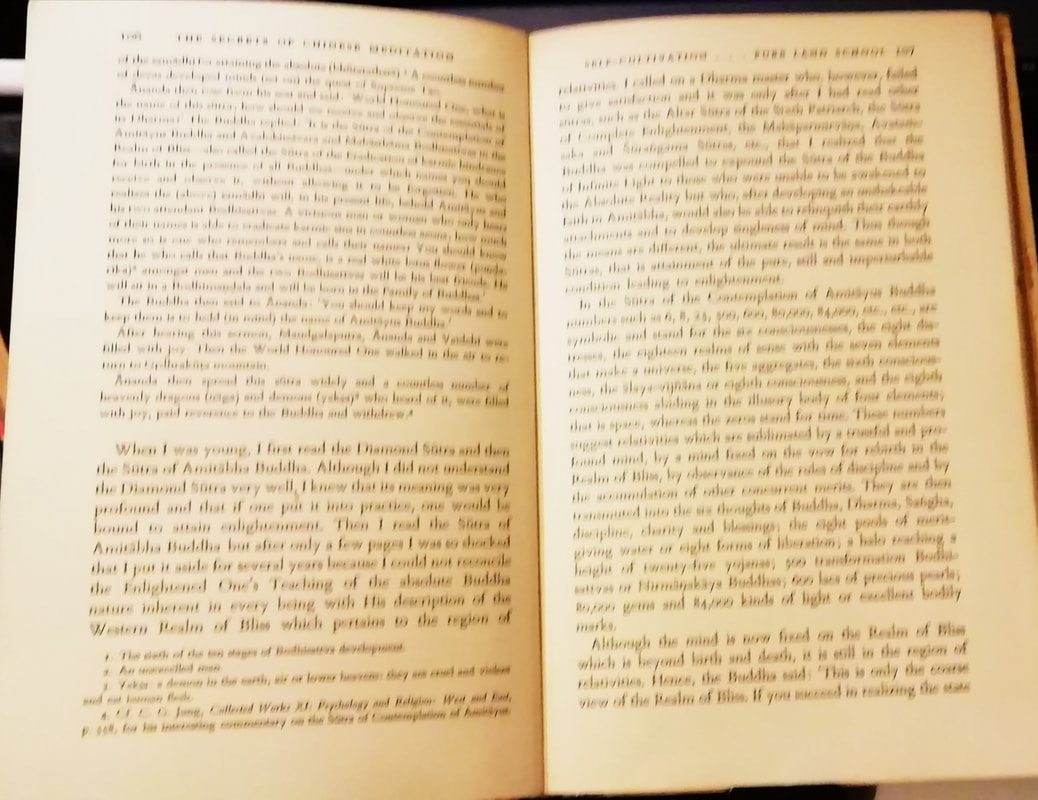
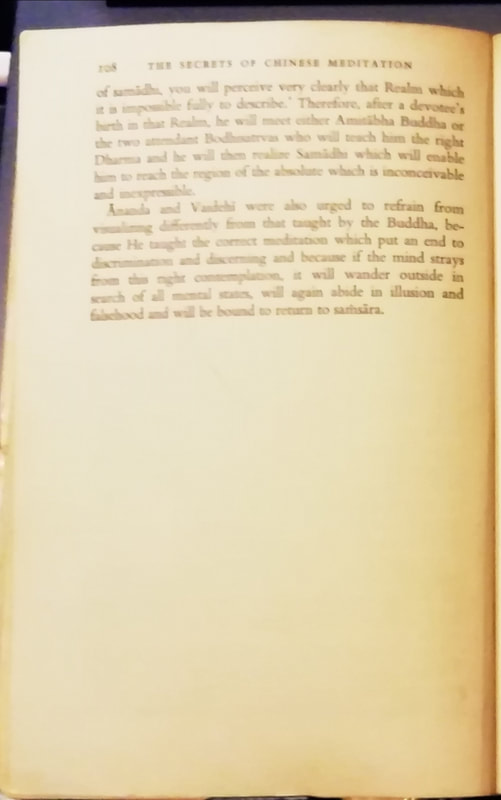
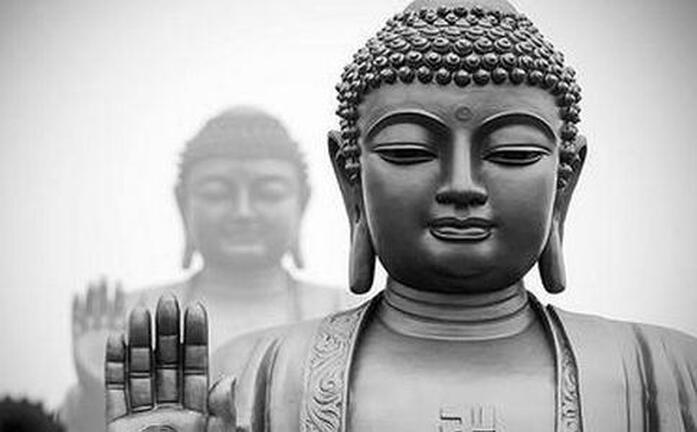
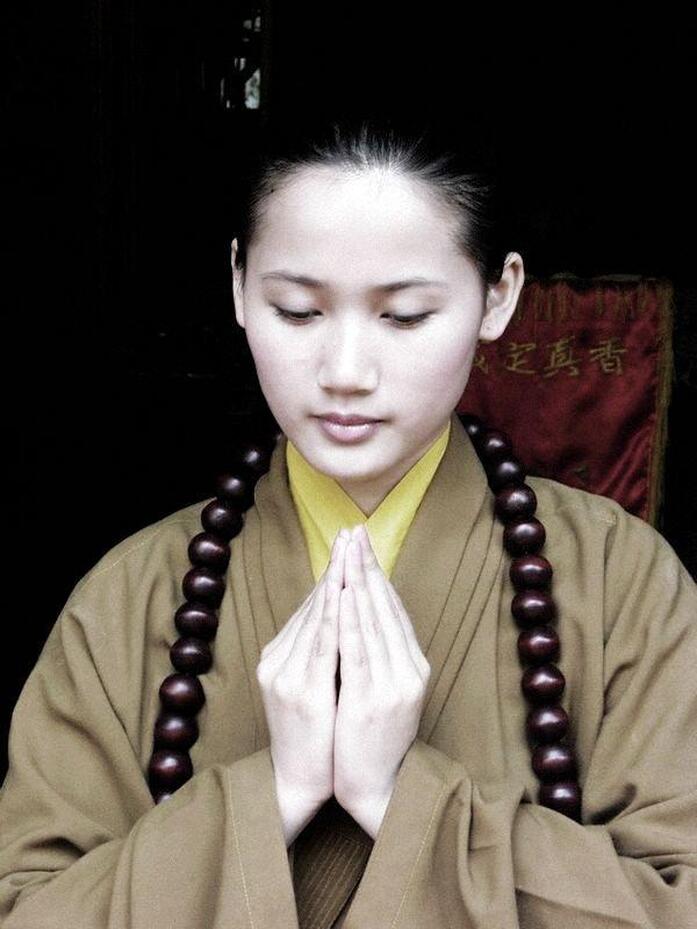
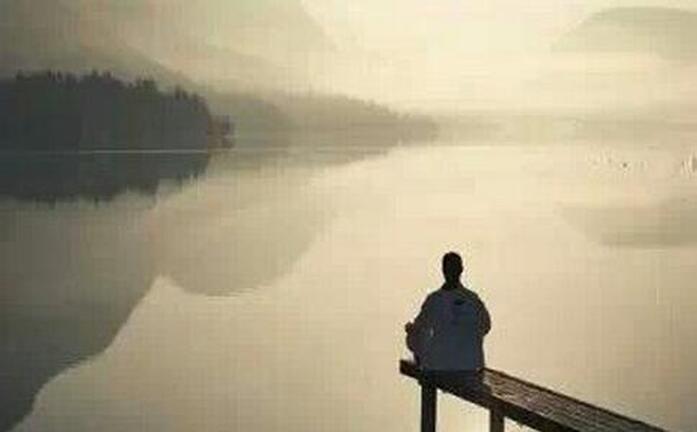

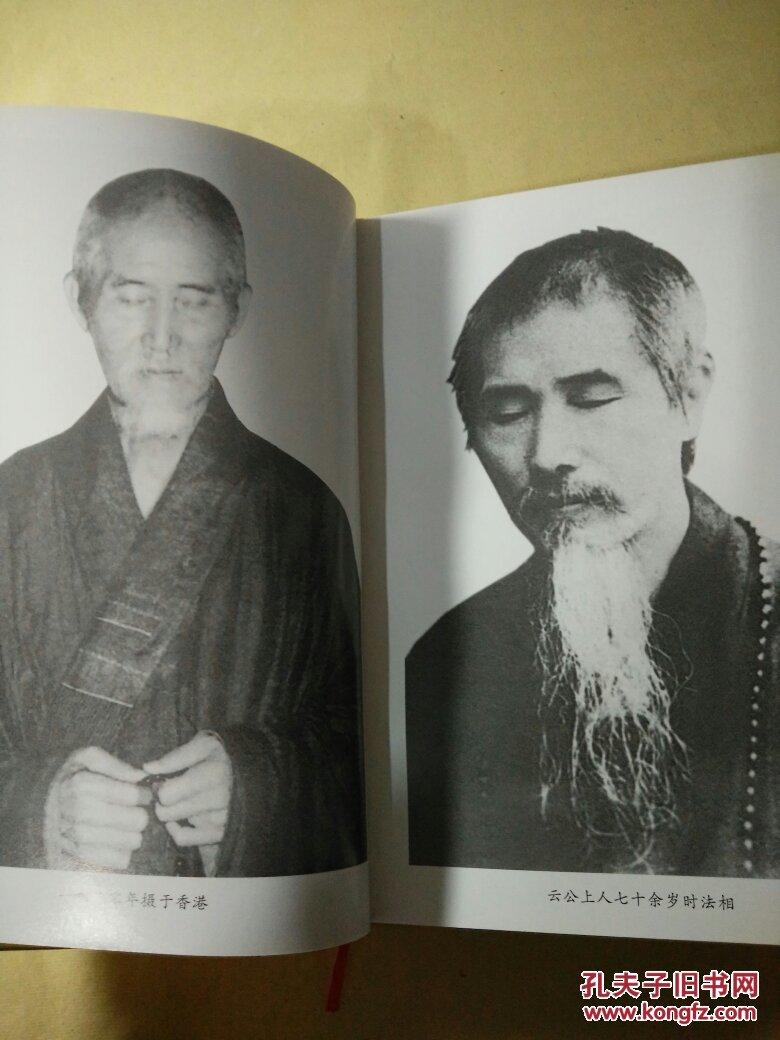
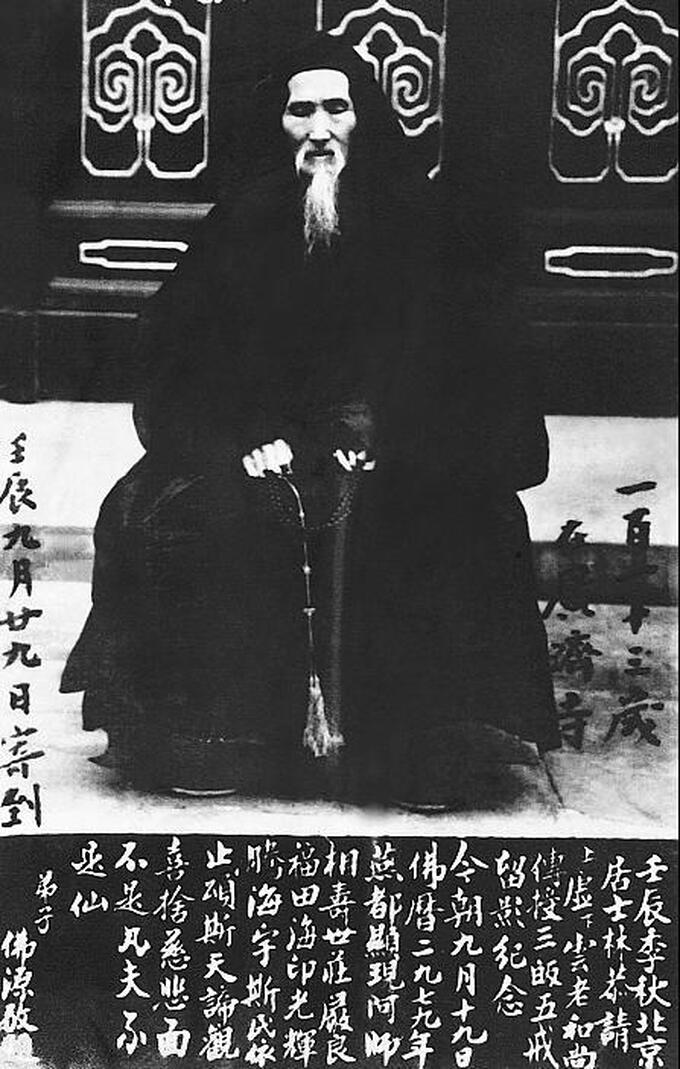
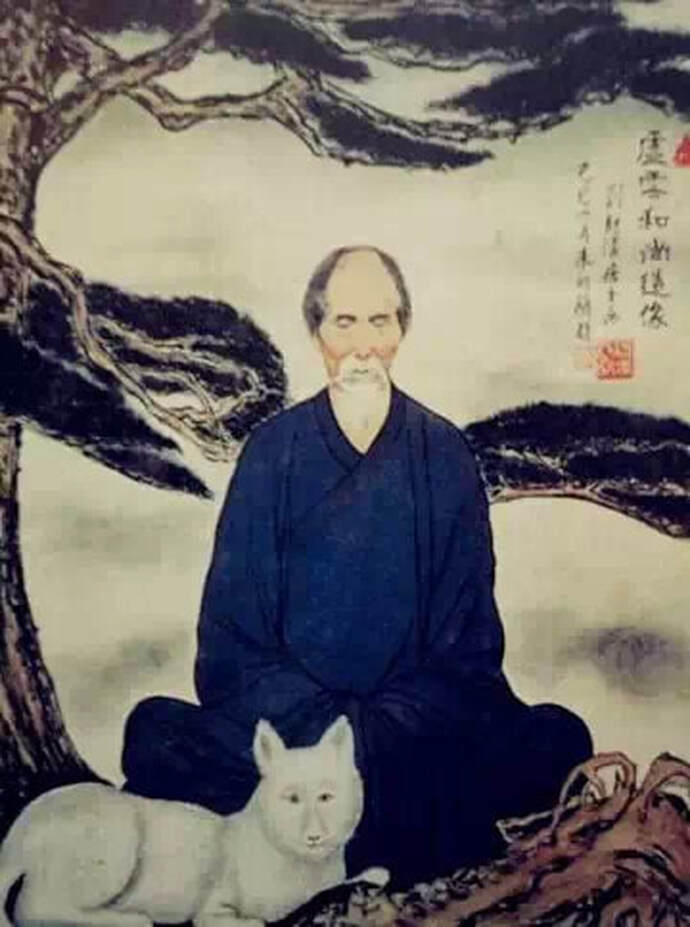
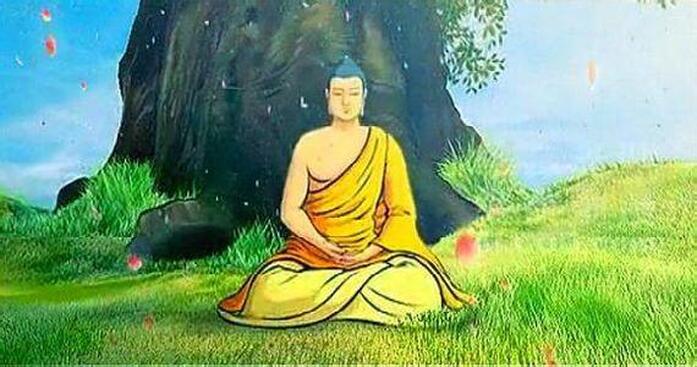
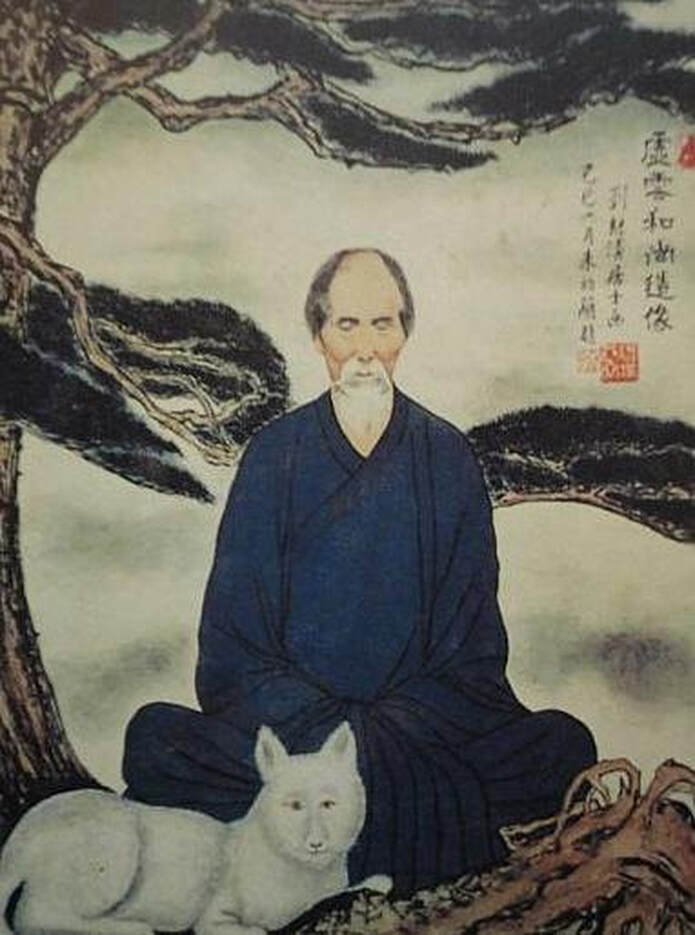
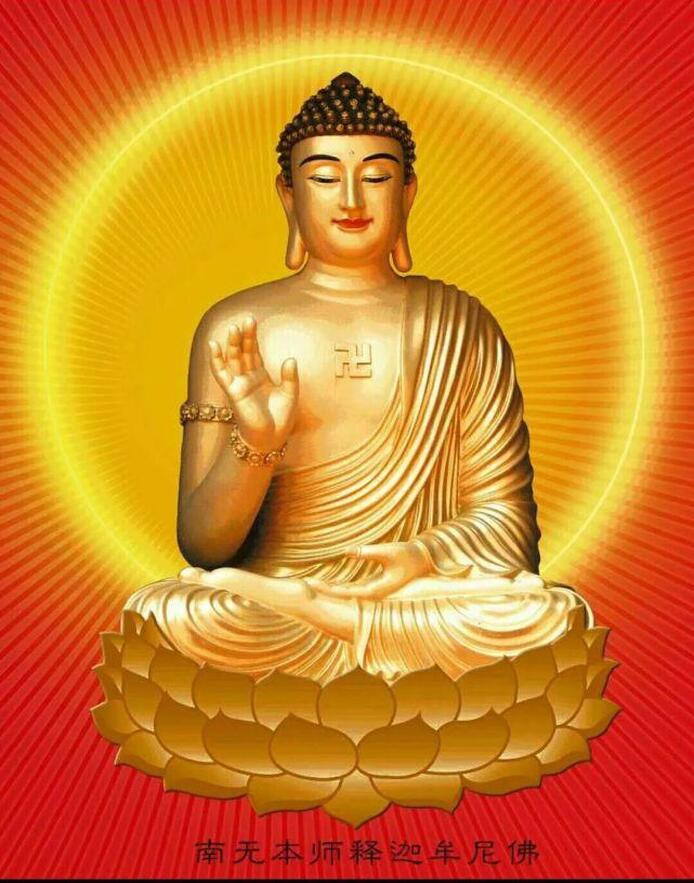
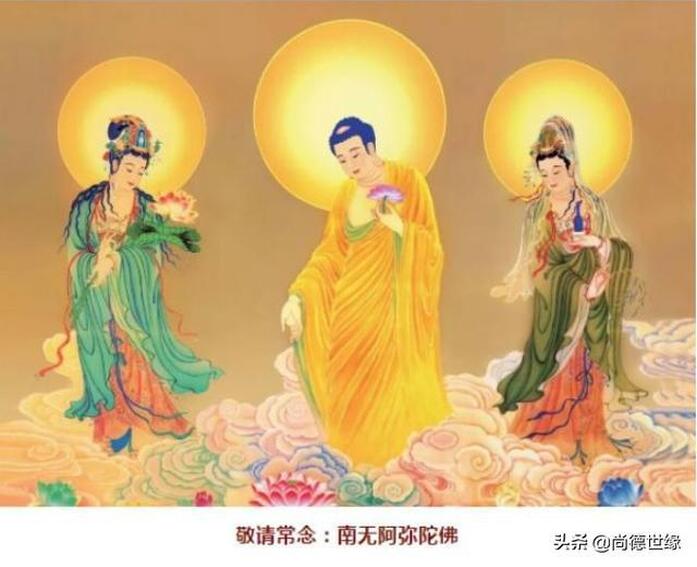
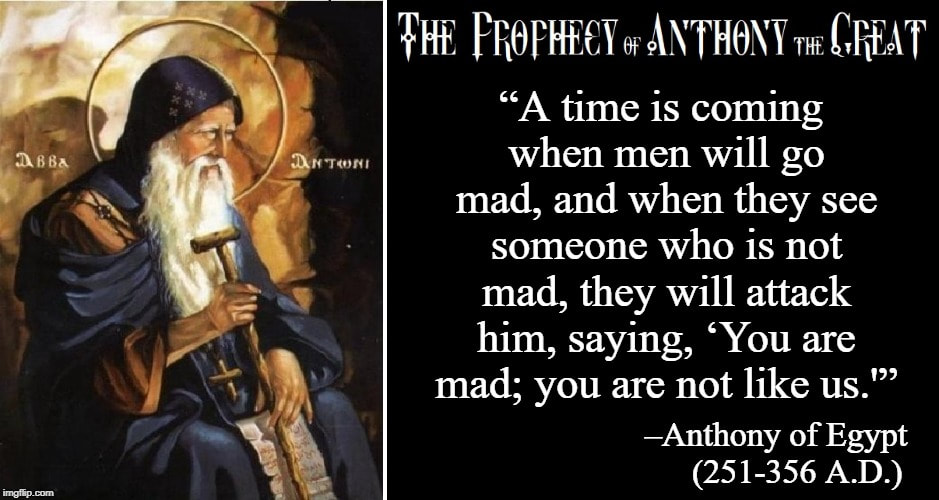
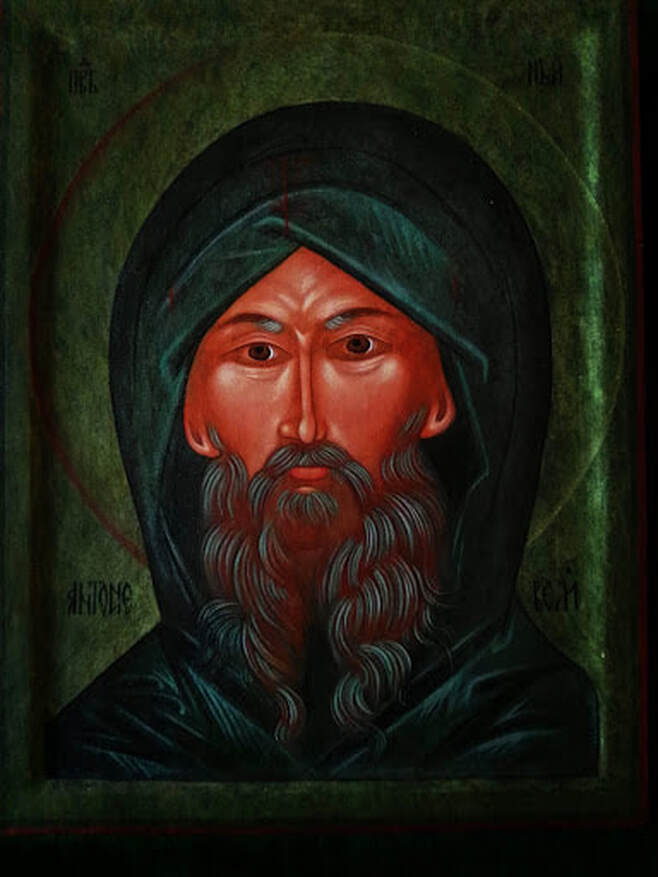
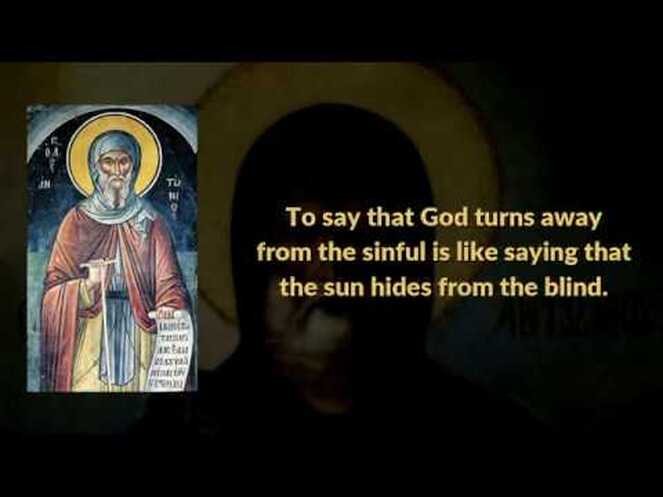
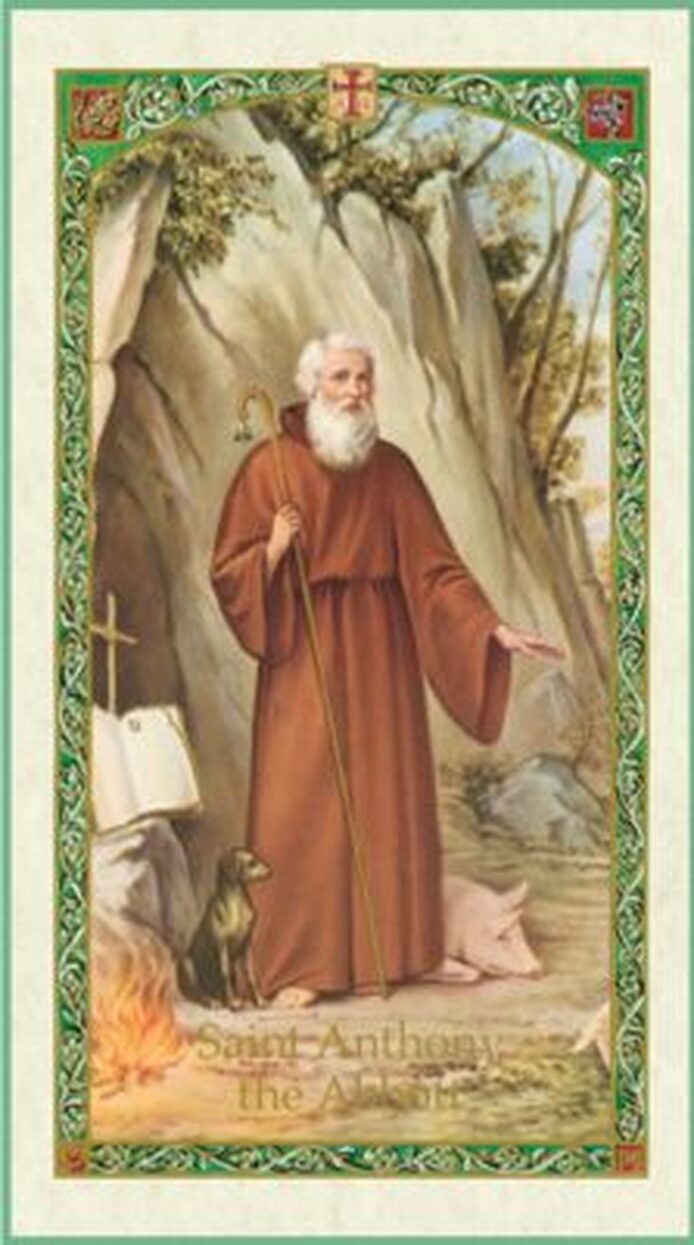

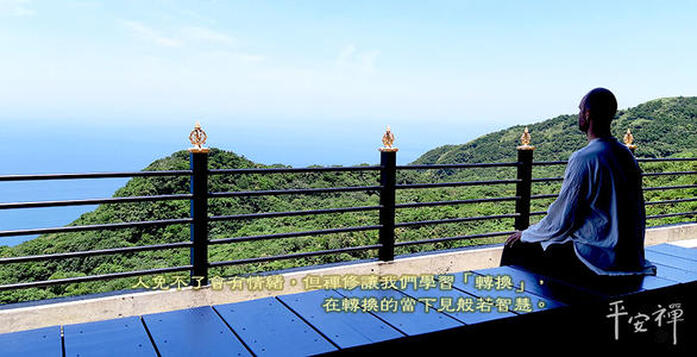
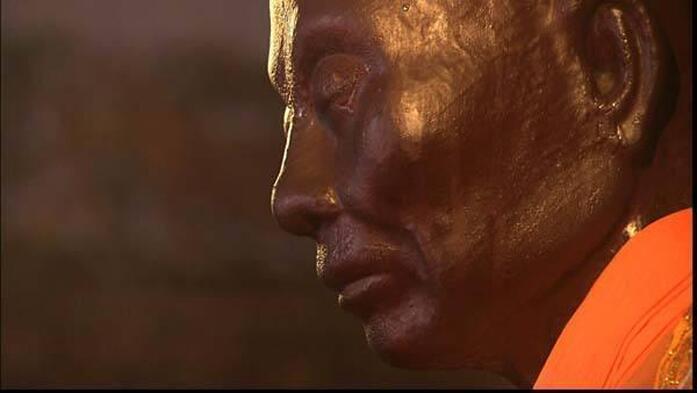
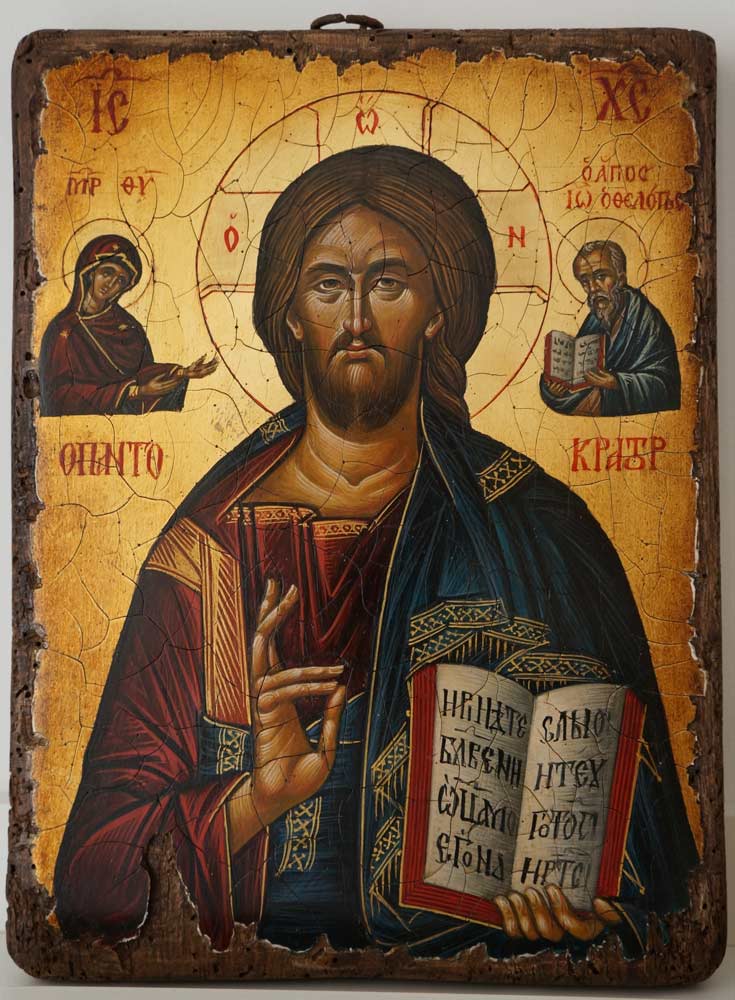
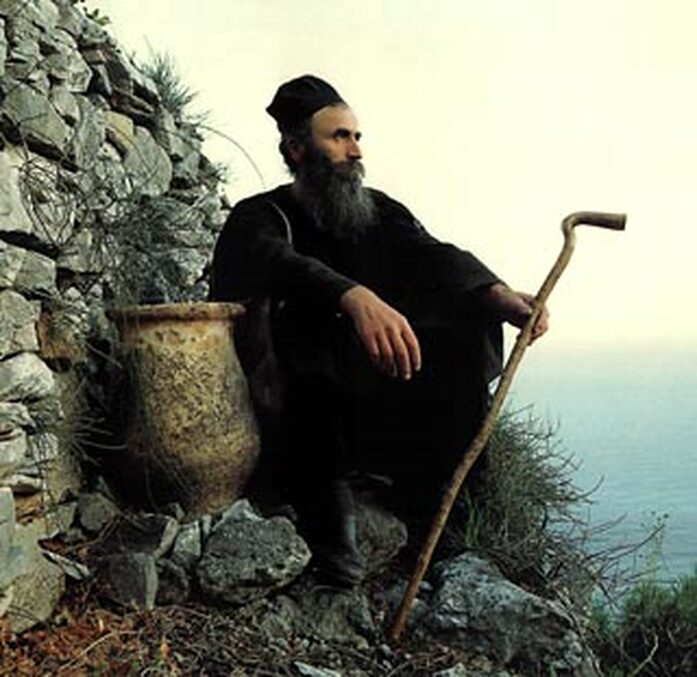

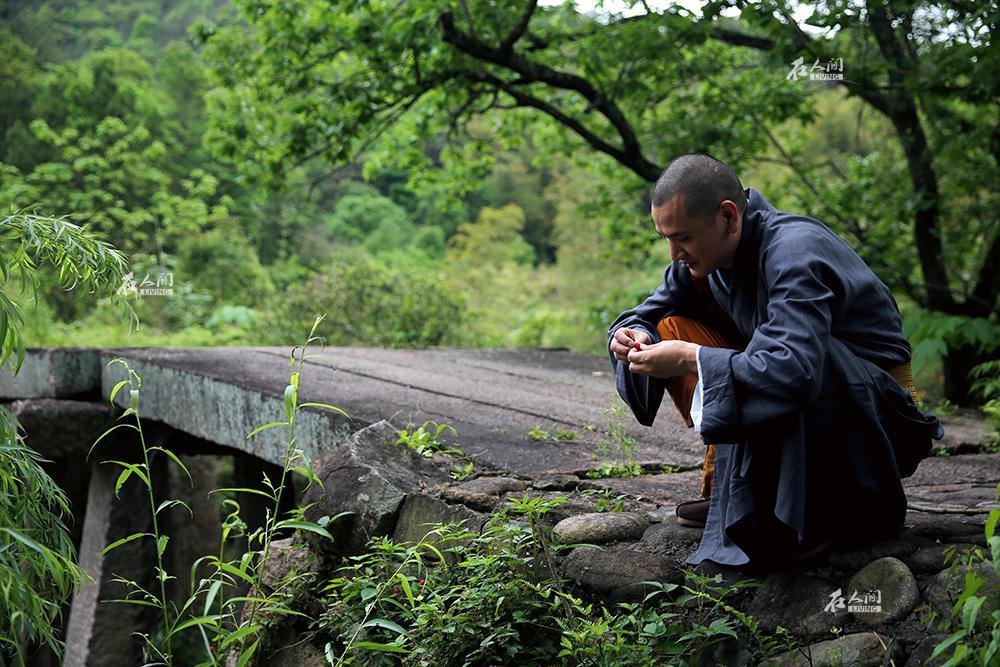
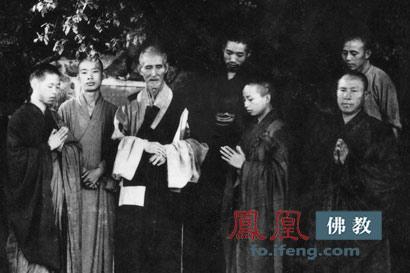
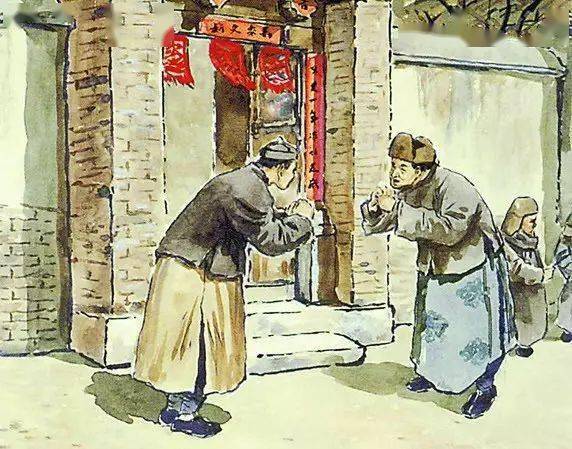
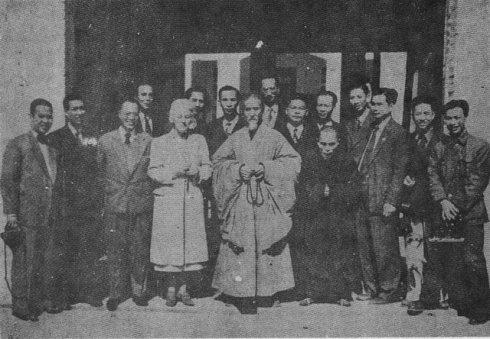
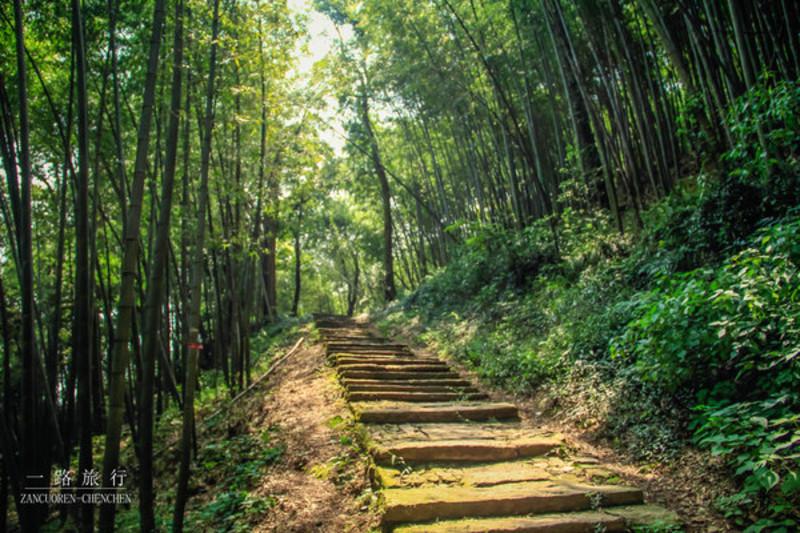
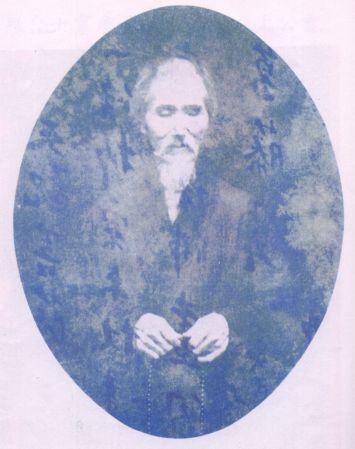
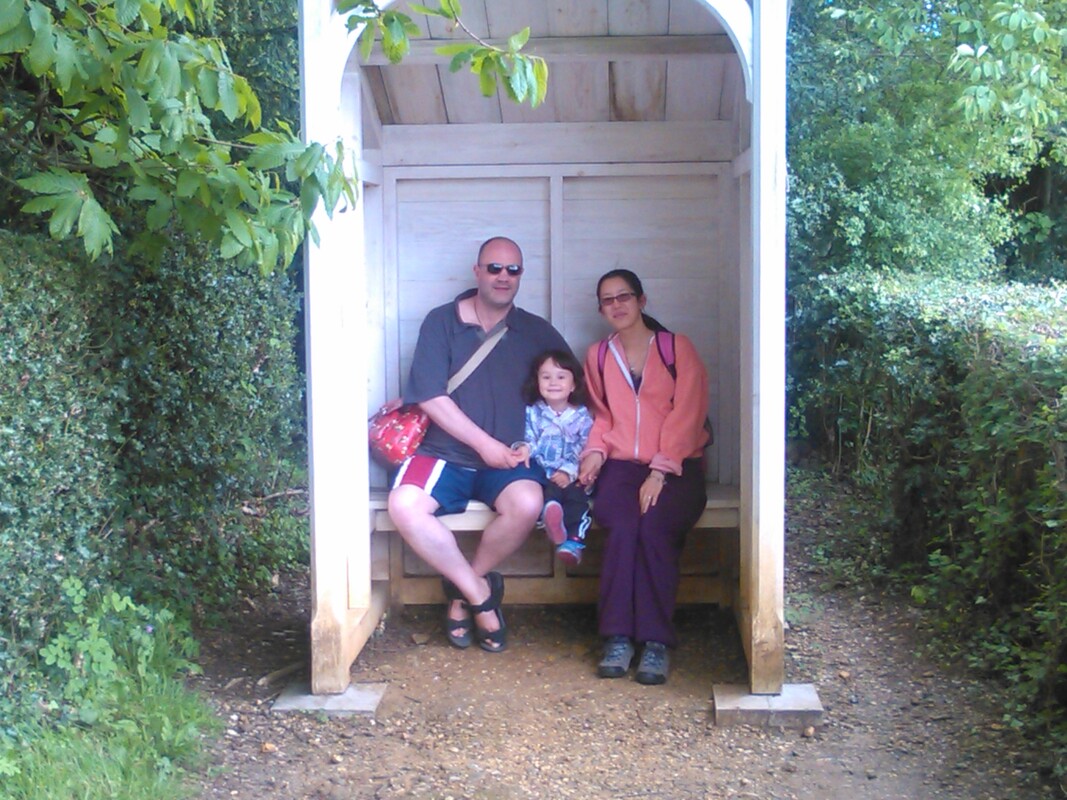
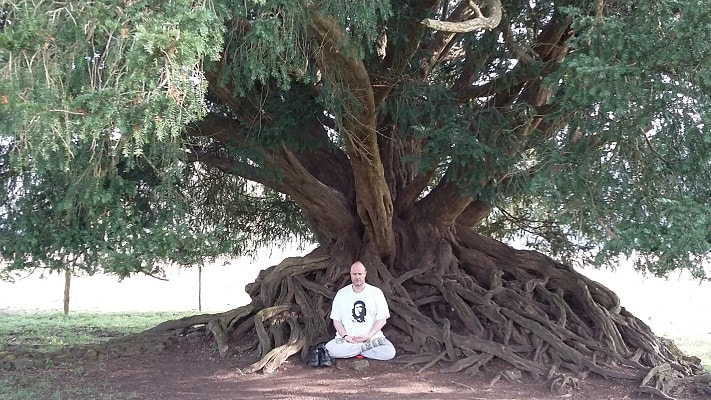
 RSS Feed
RSS Feed